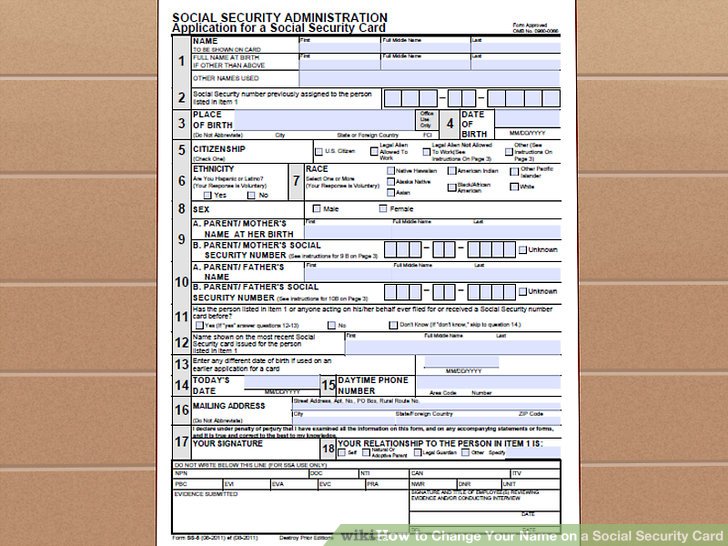How do you go about homeschooling your child
8 Steps to Homeschool Success
You've decided that you have the time, temperament, resources, and passion to homeschool your child. Now what? With so many decisions to make, the notion can seem overwhelming. Rest assured, says Linda Dobson, author of The Homeschooling Book of Answers: The 101 Most Important Questions Answered by Homeschooling's Most Respected Voices. "Nothing is so stringent that you need all your ducks in a row before you start."
Take a deep breath and review this step-by-step timeline. It covers everything you need to know and do before taking charge of your child's education.
1. Research Your Homeschool Options
Begin any time, no matter whether your child is a toddler or already has several years of elementary school under her belt. Some parents find the end of one school year is a good time to start their research because it gives them enough time to investigate the details and get started by autumn. Subscribe to magazines such as Homeschooling Today, visit the library, read books, and talk to people who homeschool — contact or join a local homeschool organization. Educating yourself about the various routes you can take is the best way to define why you are making this decision and what you hope homeschooling will accomplish for your family. Just don't get frustrated if you don't understand everything you read or hear.
2. Investigate Your State's Homeschooling Requirements
Homeschooling rules and regulations vary widely from state to state. In New York, for example, parents must file an annual declaration of intent with the local superintendent by July 1 or 14 days before starting to homeschool, as well as an individualized home instruction plan. New York parents must also maintain attendance records, submit quarterly reports, and conduct standardized tests. You can find detailed information on your state's laws at You Can Home School.
3. Join a Local Homeschooling Group
Meeting homeschoolers in your area will net you valuable information. Here you'll find other families who can answer questions, let you review their at-home teaching habits, and show you how homeschooling works for them. You can learn about age-appropriate activities your children may want to participate in, such as sports, tutoring, or small clubs that suit your child's interests. During weekly meetings, parents may opt to teach a subject such as a foreign language or a science lab to a group of students.
You can learn about age-appropriate activities your children may want to participate in, such as sports, tutoring, or small clubs that suit your child's interests. During weekly meetings, parents may opt to teach a subject such as a foreign language or a science lab to a group of students.
4. Decide on Homeschool Curriculum
Curricula can be purchased through mail order catalogues or at online stores, including Scholastic's Teacher Store (you'll need to register in order to buy). They vary from traditional textbooks and workbooks that cover reading, writing, and arithmetic to more individualized approaches that are guided by a child's own interests. State conventions and curriculum fairs, held several times each year, also showcase a variety of homeschooling publications and products.
5. Create Your Homeschooling Space
Will you be conducting classes at the kitchen table? Do you need a blackboard or a desk? How about empty wall space to post schedules, calendars, and completed work? Is there a computer nearby that's connected to the Internet? Get organized by purchasing storage cabinets and bookshelves for holding textbooks and workbooks. Baskets are also useful for keeping loose supplies under control.
Baskets are also useful for keeping loose supplies under control.
6. Set Specific Homeschooling Goals
Since homeschoolers proceed at their own pace, it's important, especially in the first year, to consider what you want to accomplish. Academics are important when you set short- and long-term goals, but they are not the only component of a child's education. For example, how will your child get physical activity? When will he socialize with other children? Consider the importance of extracurricular activities such as music classes or Boy Scouts. Network with other parents — homeschooling and not — to find the best activities. Also check local community centers, houses of worship, and newspaper advertisements and listings.
7. Define a Homeschooling Schedule
Create a plan to meet the goals you've outlined. While a schedule makes some people feel hemmed in, it helps, especially in the beginning, to be organized and have a mission, says Dobson. Purchase a plan book and consider how you want to break up your child's academic schedule and each subject you want to work on.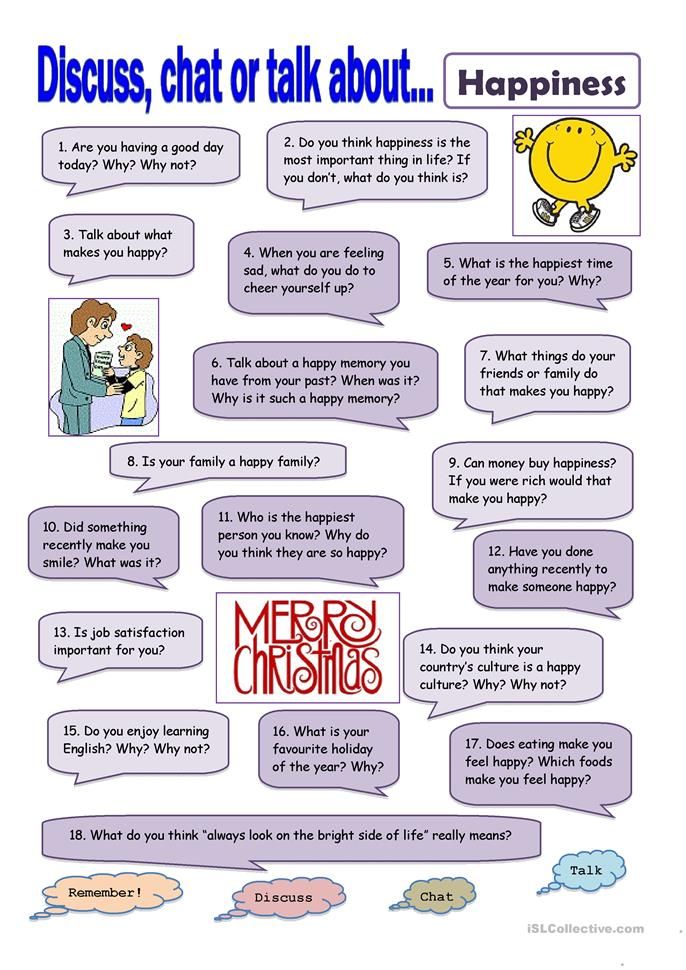 Consider how you want to break up your learning week by week too. Make time for field trips and visits to the library. And remember, flexibility is one of the key appeals of homeschooling. You can always adapt your schedule to your child's changing needs.
Consider how you want to break up your learning week by week too. Make time for field trips and visits to the library. And remember, flexibility is one of the key appeals of homeschooling. You can always adapt your schedule to your child's changing needs.
8. Watch Out for Common Homeschooling Pitfalls
Homeschoolers say there are three issues that often stymie beginners. First: feeling isolated. Make sure you've followed the advice in Step 3 and joined a support group. It's not just for the kids, although socialization is critical for them. Homeschooling parents need to connect with likeminded adults too.
Another potential problem is committing to a curriculum too early. Dobson notes that some new homeschoolers purchase an expensive packaged curriculum right away, only to find that it doesn't suit their child's learning style. Experiment for a while before you plunk down a lot of cash.
Finally, know that you'll need to learn as you go. Adjusting to the freedom and flexibility of homeschooling is a challenge.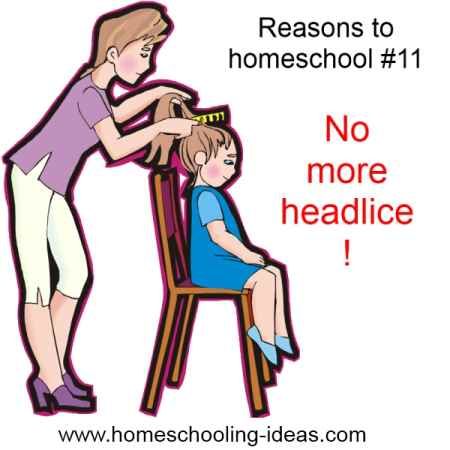 There are so many ways to approach your task. Remember that you'll be defining — and constantly redefining — yourself as you go.
There are so many ways to approach your task. Remember that you'll be defining — and constantly redefining — yourself as you go.
Getting Started Homeschooling | Homeschool
Thinking about how to homeschool as a new homeschool parent can be overwhelming at first. You have a lot to consider—from the curriculum to state requirements. But the time invested at the beginning will be well worth it. In the end, you’ll have more time to spend with your kids and a more flexible schedule and learning experience. If you’re new to homeschooling and wondering where to start or are not sure what you need to homeschool your child, we’re here to offer homeschool help. After years helping families get started homeschooling, we’ve gathered a list of steps to follow as you begin the homeschool journey, as well as many of the questions new homeschoolers must consider.
How to Start Homeschooling
- Decide why you’re homeschooling.
- Learn your state’s homeschool laws and requirements.
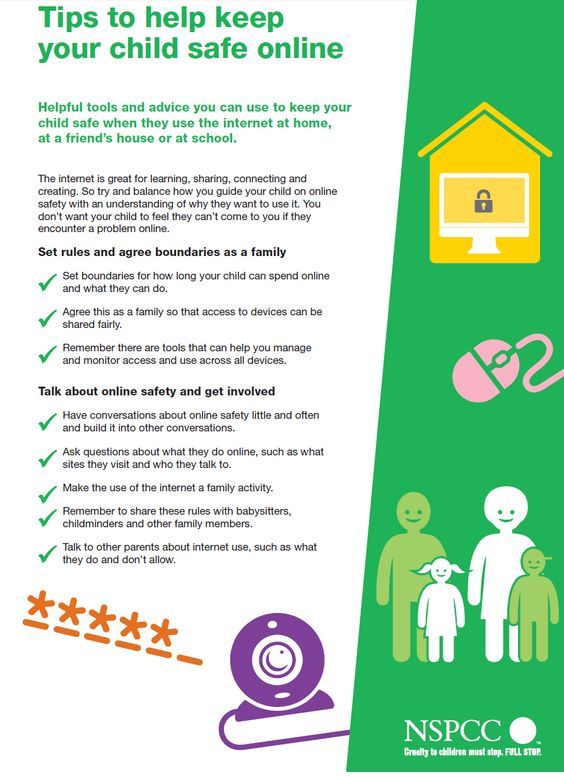
- Decide when to start homeschooling.
- Consider accreditation.
- Create a plan for your first year.
- Decide where to homeschool.
- Choose a homeschool method.
- Learn how your children learn.
- Research your homeschool curriculum options.
- Find support.
Decide why you’re homeschooling.
As you’re thinking about how to start homeschooling, consider why you’re starting on this path. The reasons behind your decision can inform the goals you set. In turn, your goals for your homeschool journey can inform decisions you make about your homeschool method, teaching style, and curriculum choices. The following questions can help you decide on your goals.
- Do you want to ensure your children learn from a biblical worldview foundation?
- Do you want to protect your children from an unhealthy environment or certain negative influences?
- Do you want your children to meet higher academic standards?
- Do you want your children to be able to learn at their own pace?
- Do you want your family to have a more flexible schedule for spontaneous adventures or extracurricular activities?
As you set goals for your homeschool, think about where you’ll be starting.
 If you’re learning how to homeschool your 4-year-old, your journey will be different than someone starting to homeschool a tenth grader.
If you’re learning how to homeschool your 4-year-old, your journey will be different than someone starting to homeschool a tenth grader.What age should I start homeschooling my child?
There’s no right age to start homeschooling a child. Whether now is the best time to start homeschooling depends on your family and, specifically, the needs of each child. If your child is suffering in a public or private school environment and you are confident homeschooling will help them succeed or thrive, it doesn’t matter if you start in kindergarten or halfway through eleventh grade. On the other hand, if you believe your children will be more successful if they go through the elementary grades in a public or private school before starting to homeschool, then that can work just as well.
Can you start homeschooling in high school?
Yes, you can begin homeschooling at any level. However, you’ll have a few more questions to consider if you decide to start homeschooling your child later.
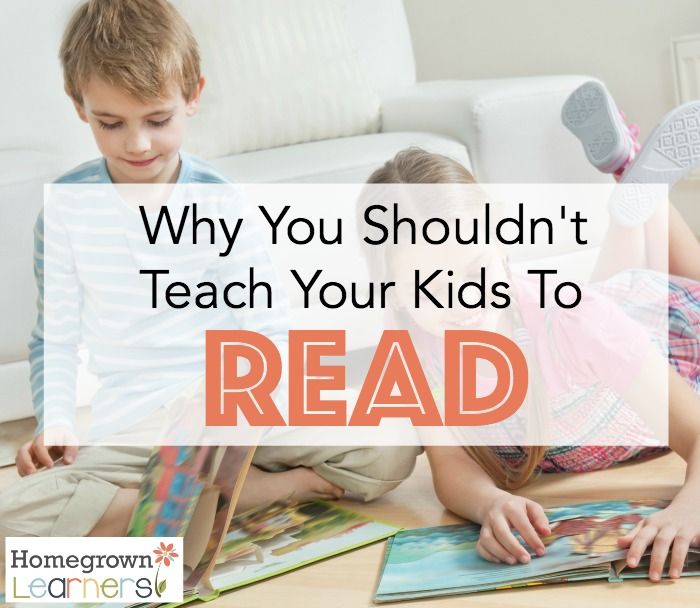 But resources for independent learning and online teaching make homeschooling through high school 100% doable.
But resources for independent learning and online teaching make homeschooling through high school 100% doable.Learn your state’s homeschool laws and requirements.
Homeschooling laws vary from state to state. Since some states require notice of intent to homeschool, you need to learn which laws apply to you early in your research. The Home School Legal Defense Association (HSLDA) shares a resource for quickly finding information on state laws.
What states do not allow homeschooling?
Homeschooling isn’t illegal in any state, but some states do have strict laws that can make it difficult to homeschool.
States with the strictest homeschool requirements
- Vermont—in addition to standard requirements (notice of intent to homeschool and annual testing), Vermont requires you to submit an academic narrative detailing everything you will teach.
- New York—in addition to standard requirements, you must submit an academic plan that details all the materials you will use as well as quarterly reports on your children’s education.

- Massachusetts—in addition to standard requirements, you must inform your local school board or the state department of education of what curriculum you’ll use.
- Rhode Island—in addition to standard requirements, you must be approved to homeschool and review your district’s homeschooling requirements for additional expectations.
- Pennsylvania—in addition to standard requirements, you must submit a plan, maintain a portfolio, and have your children evaluated by a licensed teacher or other qualified person (this evaluation is unique from standardized testing).
Can you begin homeschooling outside the U.S.?
International homeschool freedoms vary by country. Military and missionary families may have unique opportunities for homeschooling that may not be the same for families working internationally or for citizens. The HSLDA monitors homeschool freedoms in other countries and may be able to help you get started in your country.
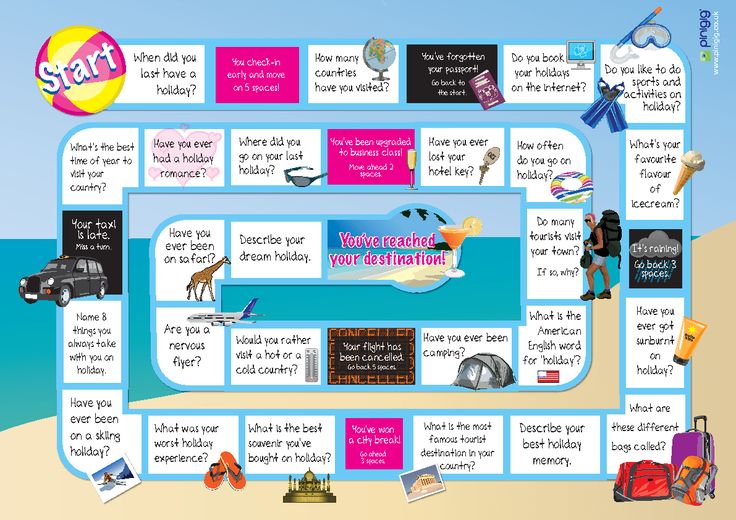
What do I need to homeschool my child?
In most states, you don’t need to qualify as a certified teacher to homeschool your children. Many states only require that you have a high school diploma or GED to homeschool. But others, like Washington and Minnesota, do require you to be a certified teacher, have a college degree, or be overseen by a certified teacher.
Homeschooling requirements for parents
- GED or high school diploma
- A notice of intent to homeschool
- Annual standardized testing requirements met
- A written curriculum covering all core courses
- A plan to homeschool for at least 180 days
What is a notice of intent to homeschool and how do I submit it?
A notice of intent to homeschool is a form required by many states notifying your local school board that you will be homeschooling your child. States requiring an educational plan will also require this information with your notice of intent.
 You should print and mail your notice to your local school board or email it if your school board provides an address. State departments of education may provide a form for you. If no form is provided but a notice is required, templates are available online.
You should print and mail your notice to your local school board or email it if your school board provides an address. State departments of education may provide a form for you. If no form is provided but a notice is required, templates are available online.Decide when to start homeschooling.
You can start homeschooling any time you want, even in the middle of a school year. Once you are sure you want to homeschool and are satisfied you’ve completed all the legal requirements and that your children are free from any obligations in public or private schools, you can begin your homeschool year. But remember, you must meet reporting requirements as they come. Be sure to include any reporting deadlines and requirements in your homeschool plan.
Should you start homeschooling in the middle of the school year?
You can start homeschooling mid-year. You may meet some resistance from school administrators if you are pulling your children out of public school, but if homeschooling better fits your children’s emotional, spiritual, academic, and medical needs, you can find support in homeschool communities and legal associations like the HSLDA.
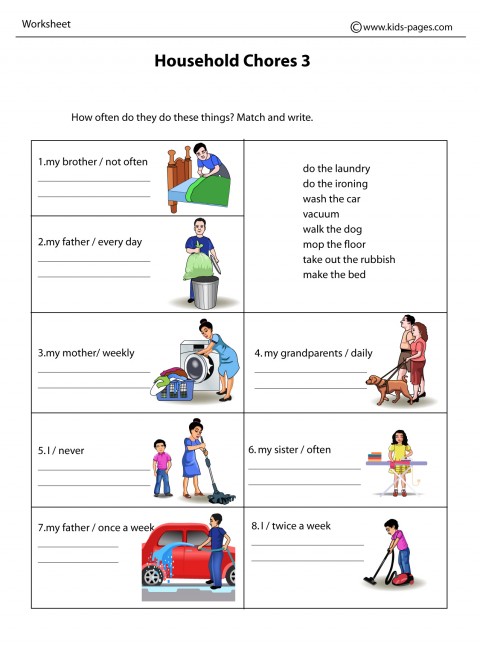
What to consider when starting your homeschool mid-year:
- Can your curriculum be started at any time in the year?
- Will your children need to restart their grade?
- Does your curriculum allow you to skip content your children have already learned?
- Can your homeschool begin fast enough to meet legal requirements?
What is year-round homeschooling?
Year-round homeschooling maintains an ongoing teaching and learning schedule without extended summer or winter breaks. Year-round homeschoolers often enjoy a more relaxed but consistent schedule throughout the year. They don’t usually complete material faster or proceed through grade levels quicker. Instead, they might have a four-day-week, more regular breaks, or shorter school days.
How long does it take to start homeschooling?
You can start your homeschool year in 1–2 months with proper planning. With a bit of determination and decisiveness, it’s possible to start your first homeschool year in one week—the time it takes for textbooks to ship to your house.
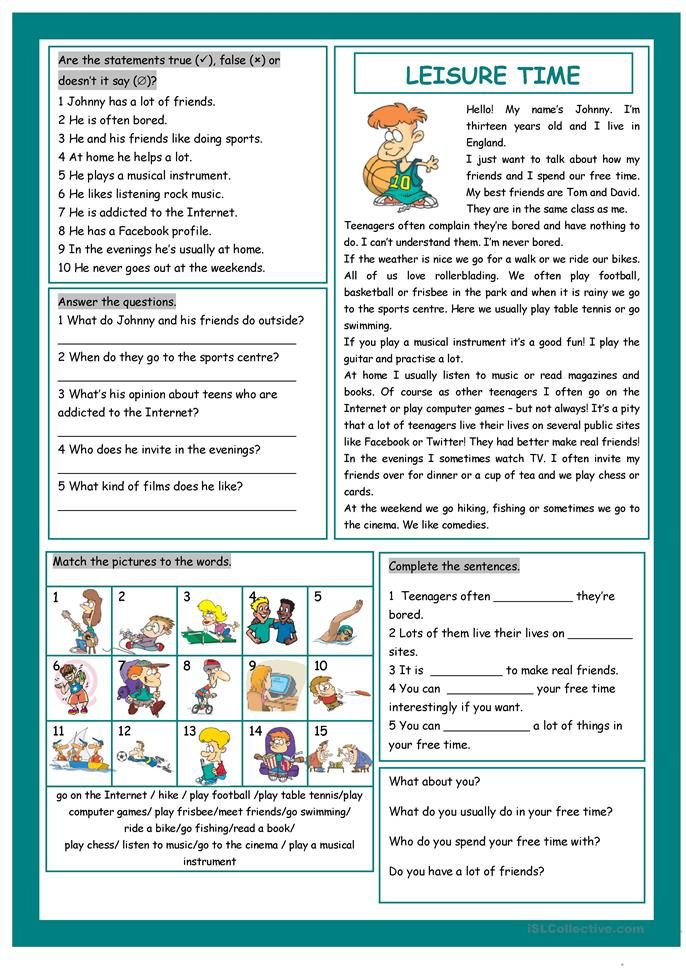 Just make sure you’ve fulfilled all your state’s requirements.
Just make sure you’ve fulfilled all your state’s requirements. Consider accreditation.
Accreditation is not required by any state laws and typically does not apply to homeschooling. Depending on your goals, pursuing accredited homeschool programs may not ever be relevant to you. If you’re planning on homeschooling high school, you should review some additional information about accreditation and what it might mean for your homeschool.
How do you get school credit?
States don’t require you to submit a list of credits your child has earned, but it may be helpful to know your state’s graduation requirements if you intend to homeschool through high school and issue a homeschool transcript yourself. Your state’s department of education provides graduation requirements on their webpage. Once you know your state’s credit requirements, you’ll also need to understand what counts as a credit.
Create a plan for your first year.
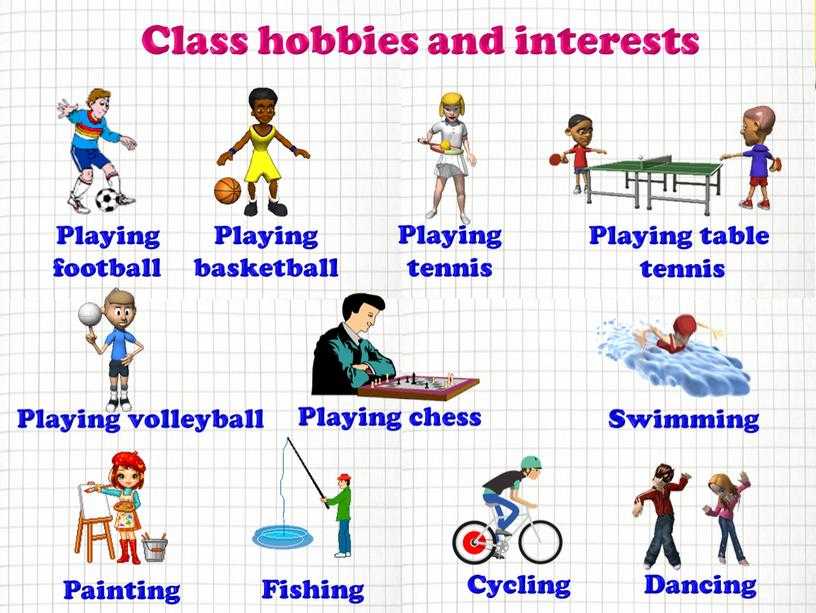
You don’t have to plan the next 18 or more years before you can start homeschooling. You just need a starting place for this year. Experienced homeschool families often say they didn’t find their groove until their second, third, or even fourth year of homeschooling. Your plan will change as you learn more about your children and yourself. Your first-year plan can be very fluid, but you’ll need to consider what your teaching schedule will look like, what kind of records you’ll be keeping, and where day-to-day learning will take place.
How do I keep homeschool records?
Depending on state requirements, you’ll need to save—and store—records from your years. Recording your grades will help you create a homeschool transcript. You might also need to track days spent homeschooling. A good homeschool planner will be a helpful resource for these aspects of record keeping.
You may also want to save copies of graded tests (chapter tests and finals), graded essays, writing assignments, projects, and any associated rubrics.
 These items can be instrumental in creating a digital homeschool portfolio. Joining a homeschool record-keeping service can also help. Homeschool record-keeping services take grade reports from homeschool families and turn them into official homeschool transcripts.
These items can be instrumental in creating a digital homeschool portfolio. Joining a homeschool record-keeping service can also help. Homeschool record-keeping services take grade reports from homeschool families and turn them into official homeschool transcripts.You won’t usually need to keep curriculum for your records, but saving and storing books might be helpful for homeschooling younger children.
Decide where to homeschool.
Homeschooling implies your kids will be learning from home, but you should create a homeschool space for focused learning. Your homeschool space can be just as fluid as you need it to be. Many homeschoolers do most of their schooling at the dining room or kitchen table. Some have dedicated homeschool spaces. Others choose to homeschool wherever the kids prefer to be—the living room couch, the front porch, or up in a treehouse.
You should homeschool wherever makes the most sense for your family and your space.
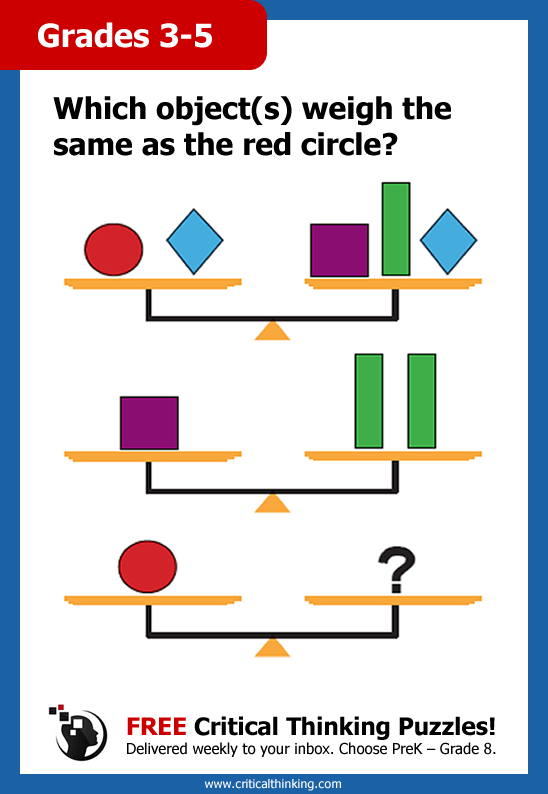 Just note that you’ll need to store your curriculum for the year and all other resources somewhere accessible for everyone who needs them.
Just note that you’ll need to store your curriculum for the year and all other resources somewhere accessible for everyone who needs them.Choose a homeschool method.
A homeschool method is the approach or style you take for teaching your children. Different homeschool styles impact what curriculum you use and may also affect your day-to-day life. Some methods are heavily child-focused while others are more learning-focused.
Popular homeschooling methods:
- Traditional
- Charlotte Mason
- Classical
- Unschooling
Traditional homeschooling
The traditional method of homeschooling most closely resembles a brick-and-mortar school. You typically use a standard, big-box, or all-in-one curriculum, and you might find yourself with a fixed schedule. This is often the method new homeschooling families start with because it’s what most people are familiar and comfortable with.
 It’s a good starting place, especially if you live in a strict homeschooling state.
It’s a good starting place, especially if you live in a strict homeschooling state.Charlotte Mason
Charlotte Mason was an author, educator, and speaker who emphasized teaching the whole child with quality literature (also called living books), exploration of nature, art, and direct interaction with learning concepts. In the Charlotte Mason method, activities require students to fully engage with what they’re learning—they have to move and interact with nature, they copy lessons word for word, journal about their thoughts and ideas. Her method makes learning a way of life rather than a task to be done. With consistent use of narration, dictation, and journaling, learning becomes an ongoing conversation between parent or teacher and the child.
Classical Method
Perhaps one of the oldest teaching styles, a classical education is designed to move with children through their own states of development so they learn skills they are mentally and developmentally ready to learn.
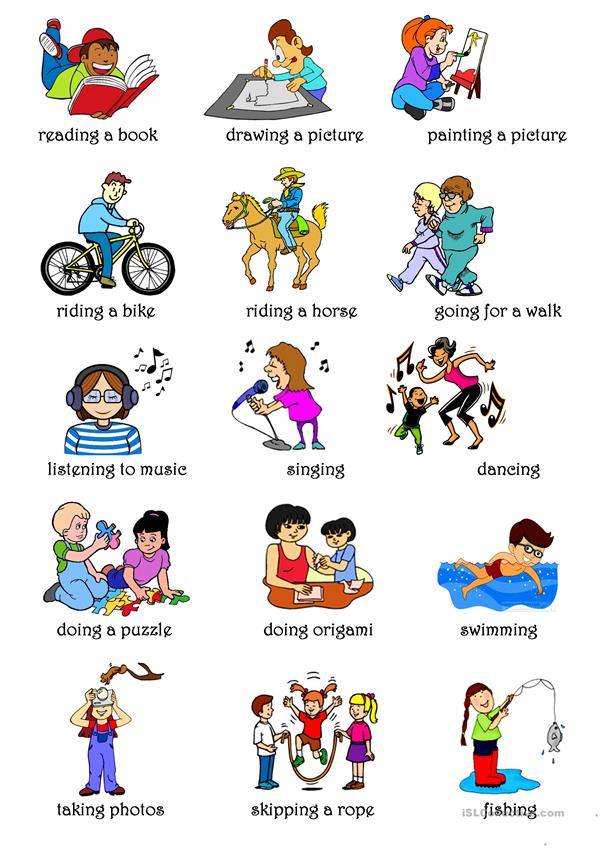 The three learning stages, called the Trivium, represent the developmental stages children progress through: grammar, logic, and rhetoric.
The three learning stages, called the Trivium, represent the developmental stages children progress through: grammar, logic, and rhetoric.What is unschooling?
Not to be confused with deschooling, unschooling is a homeschooling style that focuses purely on the child’s interests. Textbooks and curriculum are only used if they satisfy a child’s desire to know what is in them. There is no class schedule, there are no assignments, and students don’t take tests or complete regular projects.
Unschooling allows children to just be children, and it encourages them to follow and learn about their interests—at their own pace and on their own time.
Learn how your children learn.
The better you know and understand your children, the better you will be able to customize their education according to their unique learning needs. Getting to know your children might mean observing what most often prevents them from learning or discovering the learning style or styles that most often engage them.
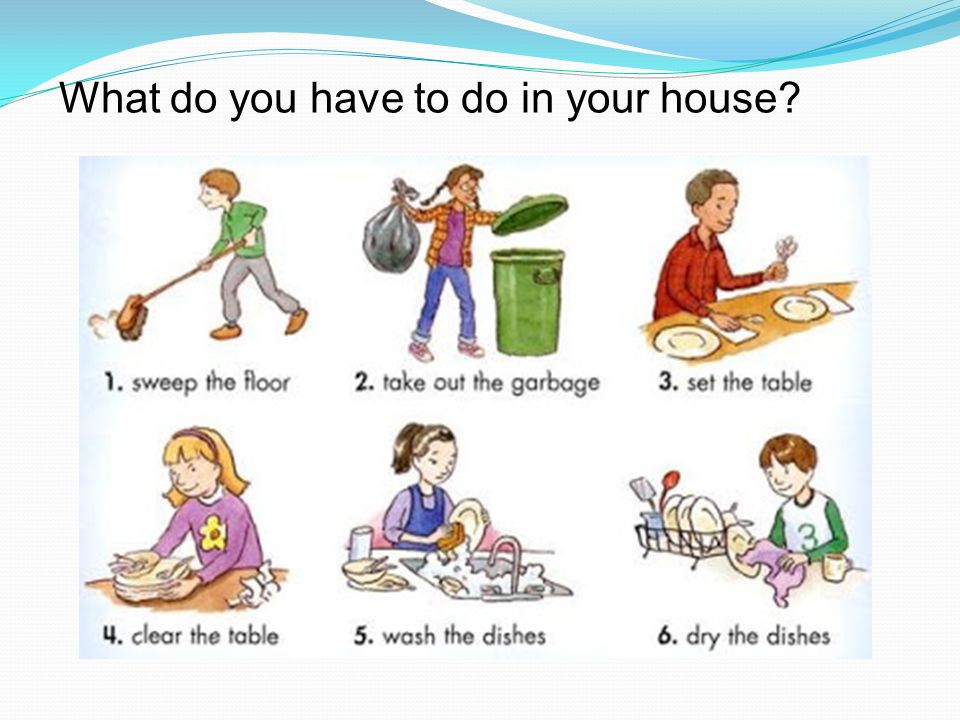
What are learning styles?
Learning styles are the ways children process information with their senses. Some children learn better when educational activities fit a certain style. All children learn best when they can interact with information using multiple senses, or through a multisensory approach.
Styles of learning
- Visual Learners: These learners need to see information. They learn best from infographics, graphs, charts, pictures, and video material.
- Read/Write Learners: These learners prefer to learn by reading information and taking notes. They use their inner monologue and writing their thoughts to understand and process information.
- Auditory Learners: These learners need to hear concepts explained and explain concepts themselves. They do best with lecture and discussion.
- Kinesthetic Learners: These learners must do things to learn.
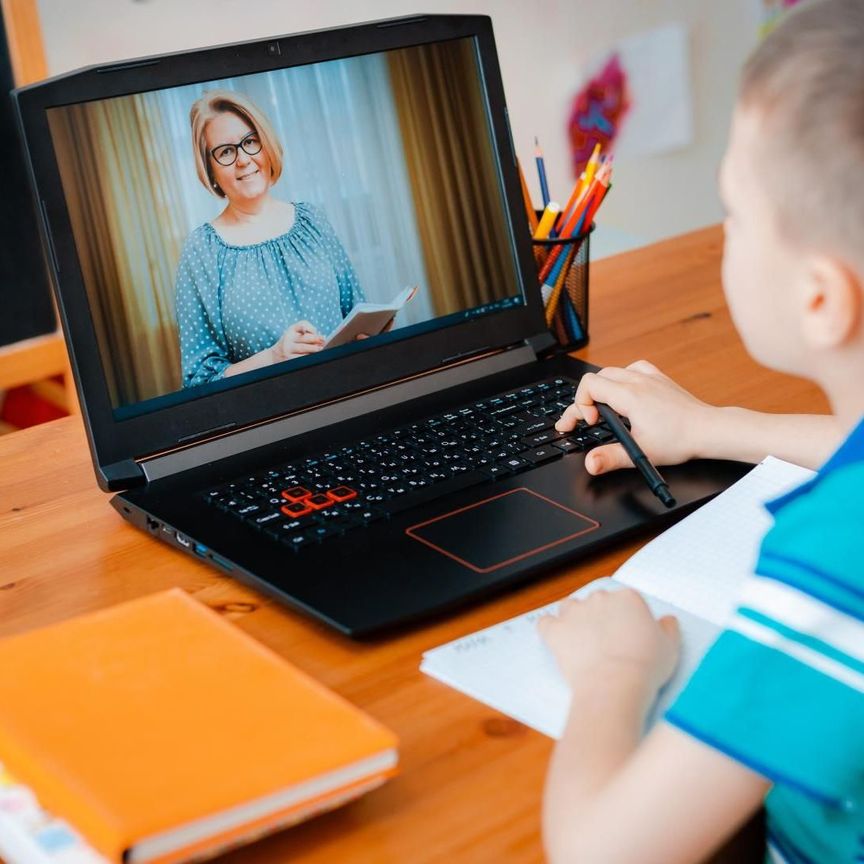 They need to move manipulatives around, act out information, and feel the shape of each concept.
They need to move manipulatives around, act out information, and feel the shape of each concept.
Research your homeschool curriculum options.
Your curriculum is a vital tool for your homeschool journey. Given its importance, it’s ok to devote time to research curriculum options and find one that meets your needs. As you research, look for curriculum publishers that fit with your family’s needs, your goals, and your children’s learning needs.
- Does the curriculum publisher offer all-in-one or à la carte resources?
- Do they teach from a biblical worldview?
- Do they offer materials that support multisensory learning?
- Is their material designed for parent-led homeschooling or independent learning?
All-in-one vs. à la carte
An all-in one (sometimes called big box) curriculum option includes everything you need for all the subjects for a whole year in .
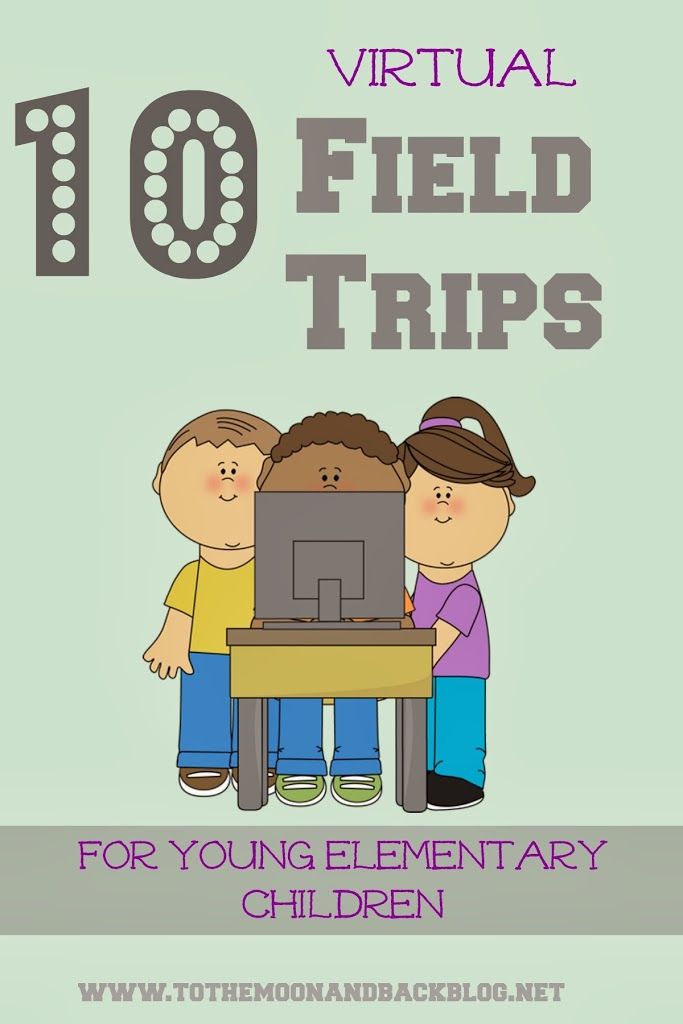 If you prefer to pick and choose the materials you use from subject to subject from different publishers, you need a curriculum that allows resources to be purchased separately.
If you prefer to pick and choose the materials you use from subject to subject from different publishers, you need a curriculum that allows resources to be purchased separately.Christian vs. secular homeschool curriculum
If discipleship and biblical worldview foundations are part of your goals and reason for homeschooling, then Christian curriculum resources will support you in your approach.
Top Christian curriculum publishers
- BJU Press
- Abeka
- Apologia
- AOP
- Sonlight
- My Father’s World
- Easy Peasy All-in-One Homeschool
Parent-led vs. independent learning
Parent-led curriculum are designed to be taught to each child, while resources for independent learning are either given directly to the child for learning or are alongside video teaching resources. Parent-led homeschooling means that you or another primary instructor teach lessons yourself with a teacher edition, answer keys, and other resources.
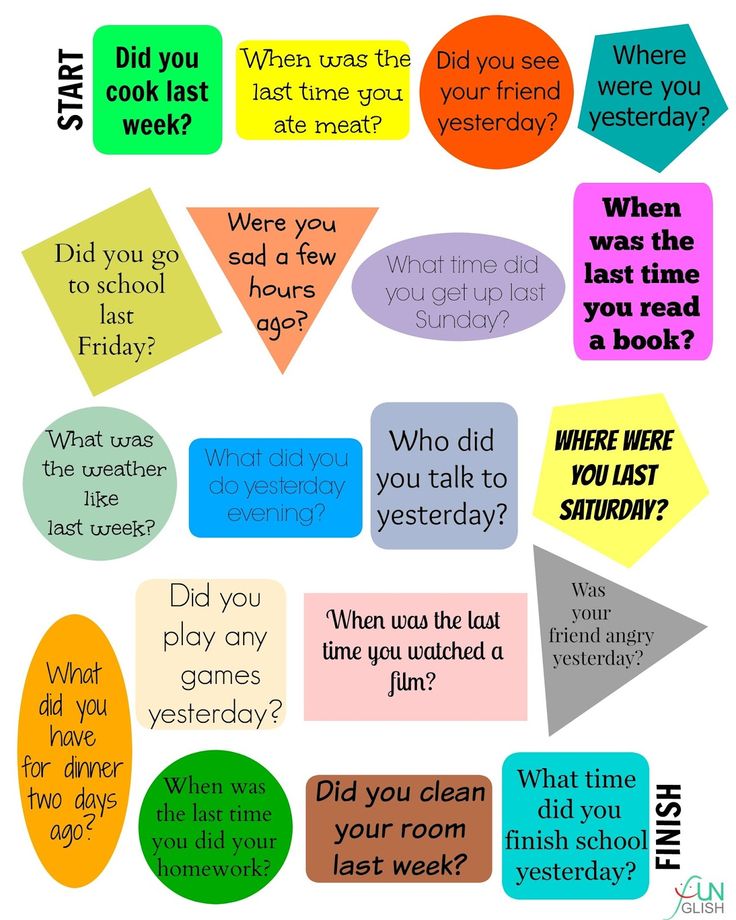 This method is often best for children with unique learning needs. Independent learning resources allow children to take responsibility for their own education. The teaching content is heavily weighted to the student edition or video lessons. The parent is more of a facilitator who checks each child’s progress and evaluates work. Curriculum that can support independent learning is especially valuable for large families with children in multiple grades.
This method is often best for children with unique learning needs. Independent learning resources allow children to take responsibility for their own education. The teaching content is heavily weighted to the student edition or video lessons. The parent is more of a facilitator who checks each child’s progress and evaluates work. Curriculum that can support independent learning is especially valuable for large families with children in multiple grades.Best all-in-one curriculum options
- BJU Press—Offers resources and support for both parent-led and independent learning for all subject areas for K–12 as well as elective courses.
- Abeka—Offers resources and support for both parent-led and independent learning for all subject areas for K–12 as well as elective courses.
- AOP—Offers resources and support for both parent-led and independent learning for all subject areas for K–12 as well as elective courses.
- Sonlight—Offers resources and support for parent-led learning for K–12 history, Bible, literature, science, electives, and AP studies and curriculum partnerships that include independent learning for math.
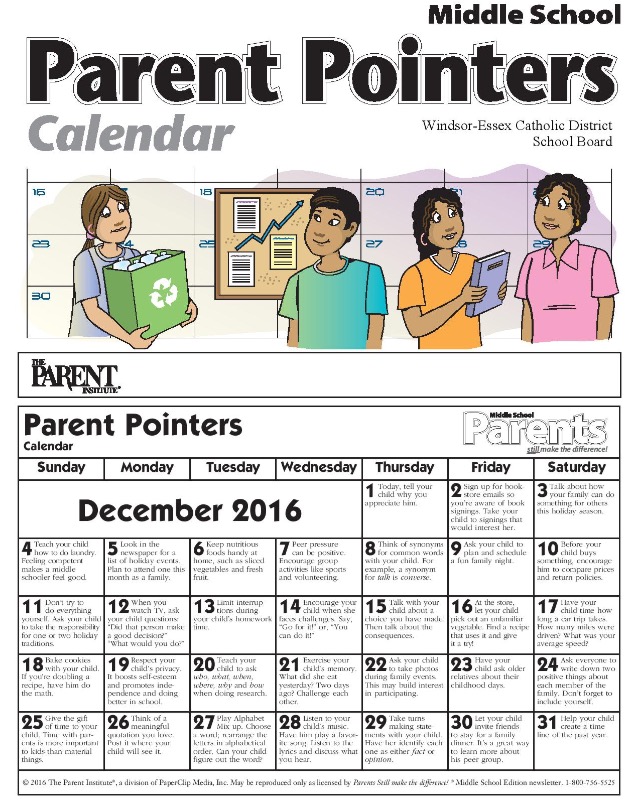
- My Father’s World—Offers resources and support for parent-led learning for all subject areas for K–12 as well as elective courses.
- Time4Learning—Offers resources and support for independent learning for all subject areas for K–12 as well as elective courses.
- Easy Peasy All-in-One Homeschool—Offers resources and support for independent learning for all subject areas for K–12 as well as elective courses.
Can I homeschool for free?
Yes, either by gathering materials and planning lessons yourself or by using a pre-made, free curriculum. You could also join an online public school, but make sure the school’s requirements don’t conflict with your homeschool goals. While homeschooling for free is possible, you should be aware that a free curriculum may not be complete for your needs—depending on state requirements or requirements from any other relevant organization—and the resource may not be up-to-date.
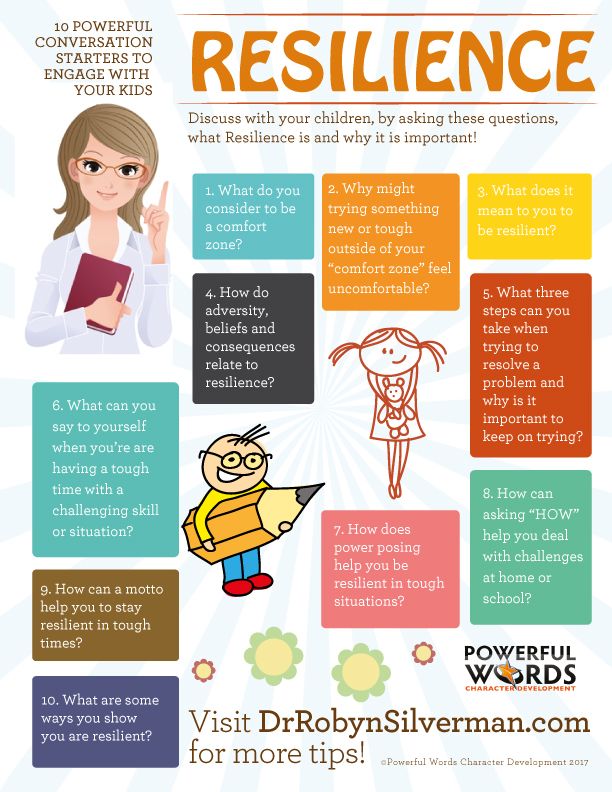
Resources for free or low-cost homeschooling
- Easy Peasy All-in-One Homeschooling
- Connections Academy (online public school)
- Homeschool Buyers Co-op
Find support.
No parent can take on the soul responsibility of training and raising their children without adequate support form family, friends, and mentors. While having family that supports and validates your choice to homeschool is valuable, you will also want friends who share the homeschool experience with you. These friends can offer advice and encouragement based on personal experience.
Homeschool co-ops
Co-ops are groups of families that meet up to teach classes, plan field trips, or just provide a much-needed break from the day-to-day routine. The main drawback to co-ops is they’re hard to find. A co-op may not be available in your area. But if you know several families in your area that homeschool, there’s no reason you can’t start your own homeschool co-op.
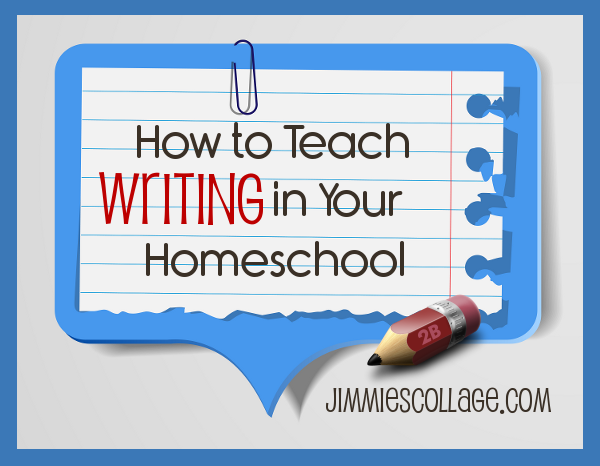
Online homeschool communities
Online groups of homeschool families often come together on social media or as followers of homeschool bloggers. Search on Facebook for like-minded homeschool communities to join and collaborate with.
Homeschool conventions
A local homeschool convention brings together many homeschool families for a special time of learning and growing. Homeschool conventions are usually large events that happen once or twice a year in each state. Speakers share wisdom, insight, and encouragement, and many vendors set up booths to share homeschool curriculum and other resources. These events can offer a valuable opportunity to connect with other families attending. Teach Them Diligently and Great Homeschool Conventions are national organizations that set up conventions in many states. There are also state-level organizations that set up state-specific conventions.
HomeWorks by Precept consultants
HomeWorks by Precept consultants are experienced homeschooling parents who have been on this journey for a while now.
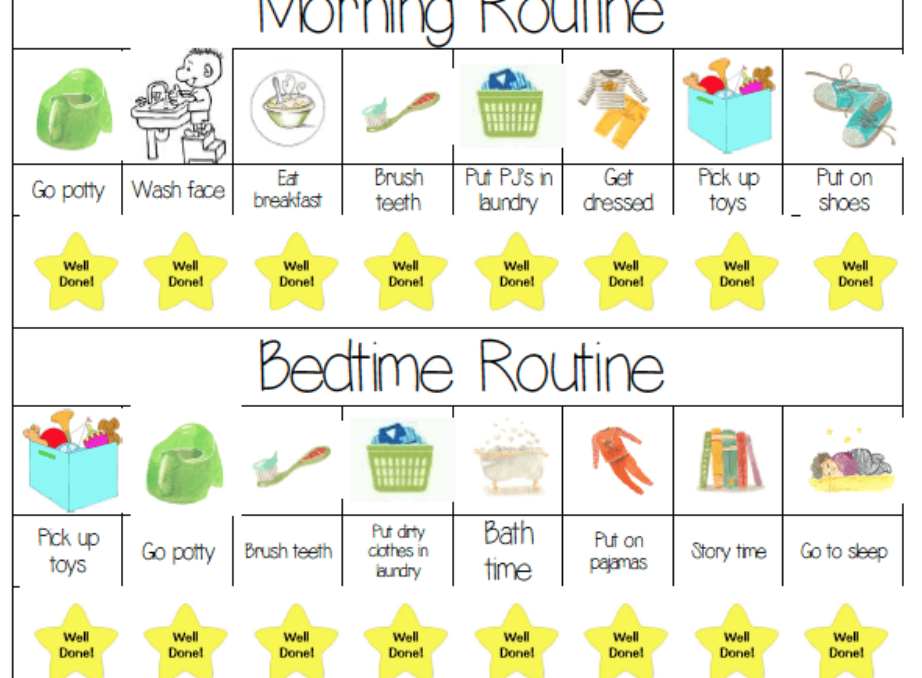 They love connecting with fellow homeschooling parents to offer insight and help form connections. Being able to offer discounts on BJU Press materials is an added perk. You can reach a consultant near you either at an event or by messaging them.
They love connecting with fellow homeschooling parents to offer insight and help form connections. Being able to offer discounts on BJU Press materials is an added perk. You can reach a consultant near you either at an event or by messaging them. Starting to homeschool is very much like researching a private school or a neighborhood to raise your kids in. There’s a lot of information and questions to answer, but it’s all an investment in your children and their future. But as you research and prepare for your journey, you will be able to recognize what is and is not important for your homeschool.
This is the beginning of a 12-to-14-year journey with each of your children. It’s a big choice, and it might be overwhelming at first. There will be seasons of planting, seasons of growing, and seasons of harvesting. Anyone can homeschool, but homeschooling may not be right for every family.
Throughout each step as you get started, keep talking and walking with God, and include your whole family in the decisions ahead.
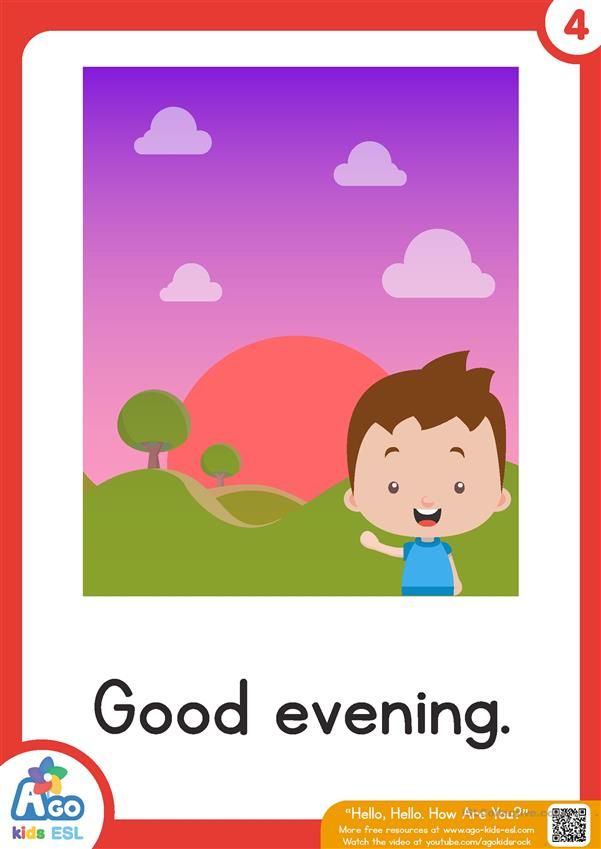
types and conditions, how to organize, how certification is carried out, how much it costs to educate a child at home
Emilia Shchegoleva
transferred her daughter to home schooling
General education, which is given in grades 1-11, is compulsory in Russia. But you can get it both at school and outside of school.
Or you can combine the two formats. This is how my daughter has been studying since 2019, now she is 11 years old. She is enrolled in a private Moscow school and is undergoing certification there, and I teach her myself. nine0003
I will tell you what forms of general education there are and what is called home schooling. I will also share my experience of how parents participate in it and how much it can cost.
What is homeschooling
Officially, only homeschooling is considered homeschooling. This is when a child cannot go to school due to health restrictions and teachers themselves come to his home.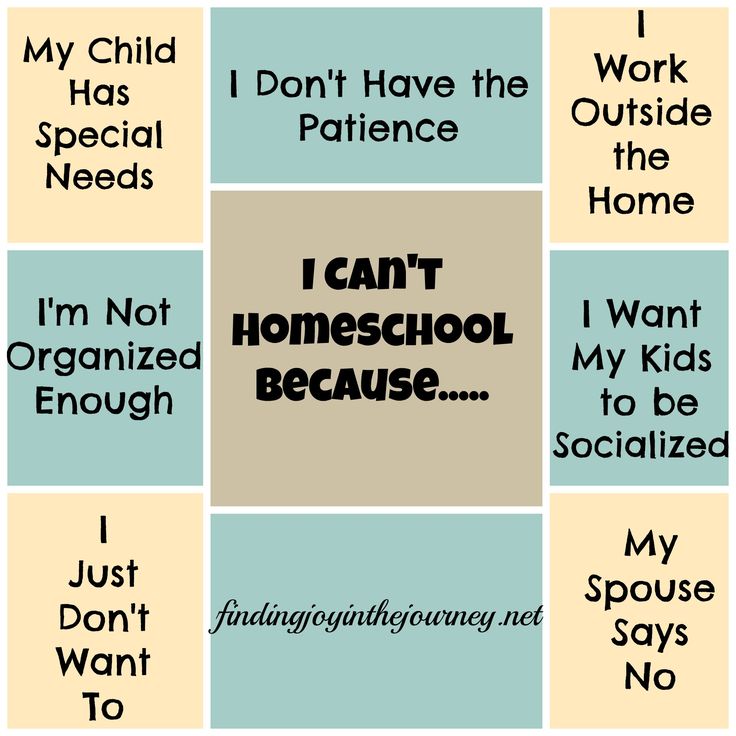
But other cases are also called by the people when a student does not attend school at all. For example, distance learning and family learning. So in this article I will also call them home and will talk in detail about each. May the teachers and ministers forgive me. nine0003
Types of education at school
Within any school, whether private or public, there are three forms of education: full-time, part-time and part-time. In any of them, the child strictly follows the curriculum and the school, not the parents, is responsible for his knowledge.
In full-time form the child goes to school every day. This form has a variety - home-based learning. This is when a student does not attend classes due to health reasons and teachers themselves come to his home.
item 1, 2 part 1 art. 17 273-FZ "On Education"
With part-time form , the child goes to school 2-4 times a week and only for some subjects, while he masters the rest at home. At the same time, he does all his homework and passes tests and exams with the class.
At the same time, he does all his homework and passes tests and exams with the class.
And with the correspondence form , the child appears at school once every few months. For example, to analyze the most difficult topics with the teacher. The rest of the time, he studies at home using school textbooks, and passes homework and exams in person or via the Internet. nine0003
/prava/school/
Parental rights at school
Any of these forms can be applied to distance learning. This is when teachers conduct online lessons, and children take all homework and tests via the Internet.
Types of education outside of school
Family and self-study are considered extracurricular. The latter is also called self-education.
In the family format , the family is responsible for the knowledge of the child. Until the ninth grade, he may not be attached to any school, not do any homework and not take tests.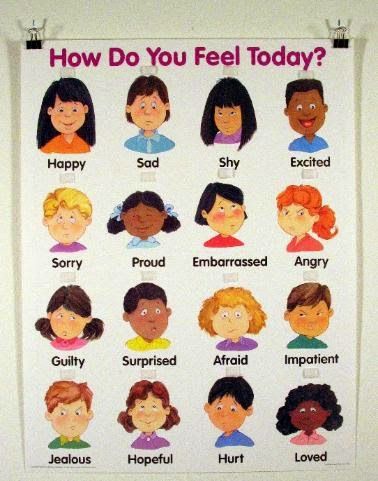 In the ninth, you will have to join in order to pass the OGE and receive a certificate. nine0003
In the ninth, you will have to join in order to pass the OGE and receive a certificate. nine0003
And you can join right away - that's what we did. But my daughter’s knowledge during the year is still controlled only by me, and at school she is certified twice a year.
With self-study everything is the same, but both the parents and the child are responsible for the knowledge of the child - equally. But it is possible only for students who have already completed the ninth grade. Therefore, I will not mention him further.
Part 3 Art. 34 FZ-273 "On Education"
Conditions for learning at home
In this article, I will talk about home, distance and family learning. This is what they most often call domestic.
To be eligible for home schooling, a child must have health limitations that prevent them from going to school. For example, a severe degree of blood incoagulability or a violation of intellectual development, when the student does not control his behavior.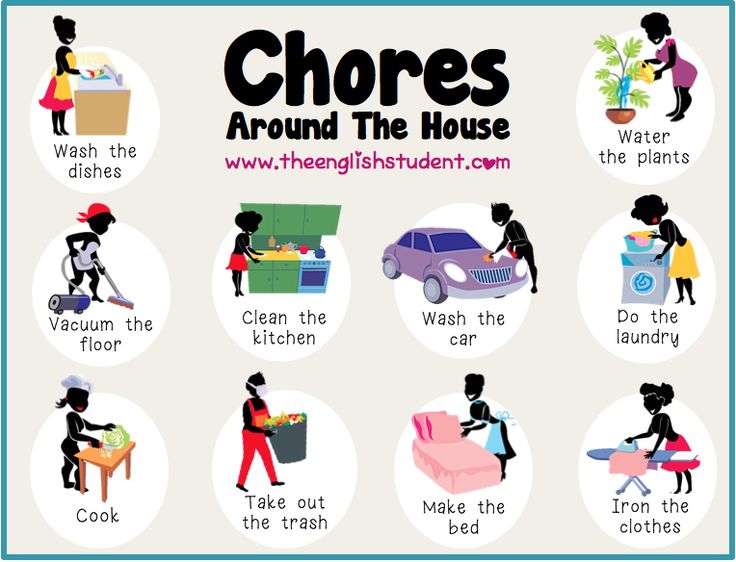 Or if the child has undergone a major operation and less than a year has passed after it. Let's say if he was treated for retinal breaks. nine0003
Or if the child has undergone a major operation and less than a year has passed after it. Let's say if he was treated for retinal breaks. nine0003
All diagnoses that qualify for home-based education
Distance learning also has a condition - the school you have chosen must use electronic technology. But according to the law, this is her right, not her duty. And if your school does not have them, you will not force teachers to conduct online lessons specifically for your child. You will have to transfer him to another school.
Part 2 16 273-FZ "On Education"
There are no special conditions to transfer a child to family education - the desire of the parents is enough. Otherwise, it all depends on whether the child is attached to some school and what the rules are. nine0003
What the law says about homeschooling
All types of education that are popularly called homeschooling are regulated by the federal law "On Education". And part of the provisions of this law is detailed by the Letter of the Ministry of Education and Science of November 15, 2013 No.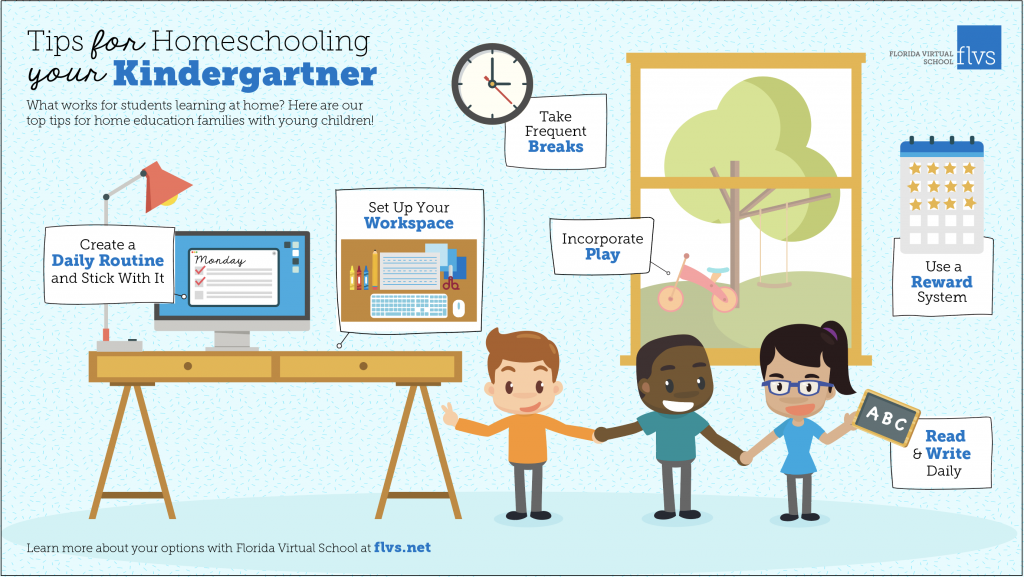 NT-1139/08 - the main regulatory document on family education. If you are thinking about your child studying at home, it is advisable to read it in full.
NT-1139/08 - the main regulatory document on family education. If you are thinking about your child studying at home, it is advisable to read it in full.
In the meantime, here is the most important of the law.
Parents are obliged to provide their child with a general education. nine0024 That is, taking him out of school and not teaching him at all is illegal. For this, a warning and a fine of 100-500 R.
Part 4 of Art. 44 273-FZ "On Education"
Part 1 Art. 5.35 of the Code of Administrative Offenses of the Russian Federation
Parents have the right to choose the form of education for their child. Suppose, if he does not like it at home, he can always return to the school at the place of residence - to the full-time form. And the school principal has no right to interfere with this.
item 1, 2 part 1 art. 44 273-FZ "On education"
Family education is just as legal as home or remote school. If you want to transfer your child to it, no one can stop you: neither the teacher, nor the director, nor the city education department.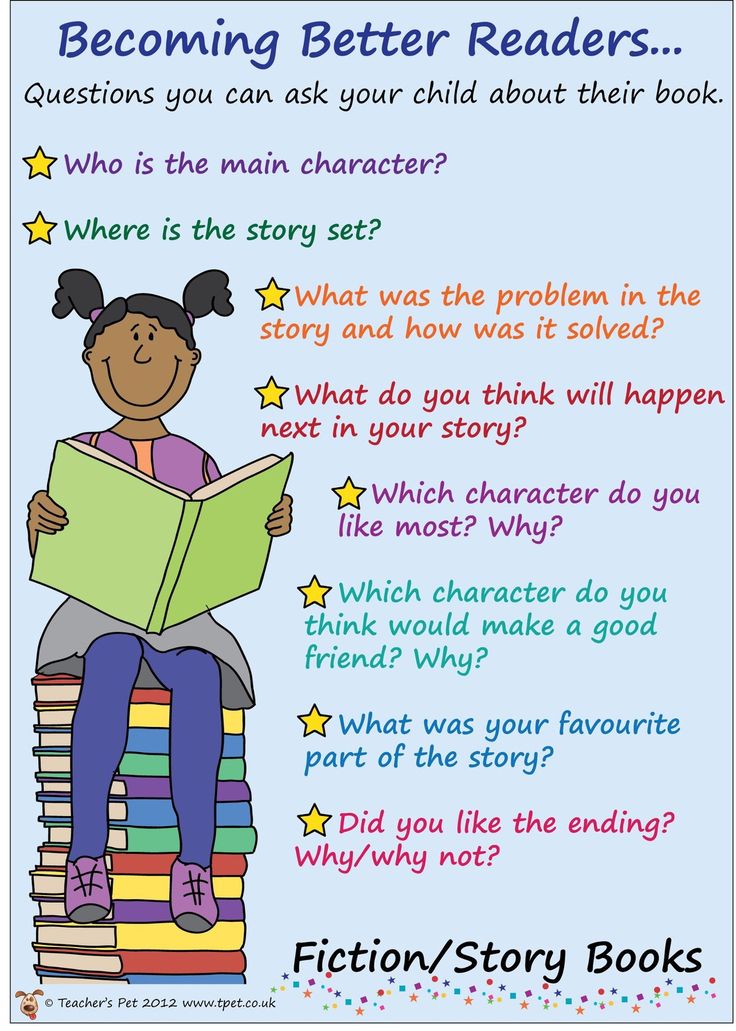
Part 3 Art. 17 273-FZ "On Education"
With a family form, a child has the right to be certified at a public school at the place of residence: take tests, exams and receive grades there. Even if you want to attach to the school just for the sake of it, you have no right to refuse. nine0003
If a homeschooled child is attached to a school, they can use the school library, sports field and gym. And also participate in olympiads, sports competitions and scientific conferences on behalf of the school.
p. 20, 21, 22 h. 1 art. 34 273-FZ "On Education"
You can't just pick up and pick up a child from school. If you choose homeschooling, you will need to report this to your local education department. They keep records of all children who are currently required to receive general education. nine0003
Part 5 63 273-FZ "On Education"
If the child is not attached to any school, and you do not report family education, you are breaking the law.
At home schooling, you can be certified externally. Let's say that in a year a child completed the program of two classes at once - for example, seventh and eighth. And in terms of age, it should only go to the eighth. If he is attached to the school and passes all the tests for the eighth grade, he will be transferred to the ninth grade, regardless of age. nine0003
Part 3 34 273-FZ "On Education"
A homeschooled child attached to a school may be left for the second year. This will definitely happen if he has two academic debts or more: for example, he did not write an annual test in two subjects and did not take exams in them. Or got two for them.
Art. 58 273-FZ "On Education"
If a student has one debt, he will be transferred to the next class conditionally. That is, he will be able to pass the program of this class, but he will be in debt. nine0003
During the year, the student will have to retake the subject.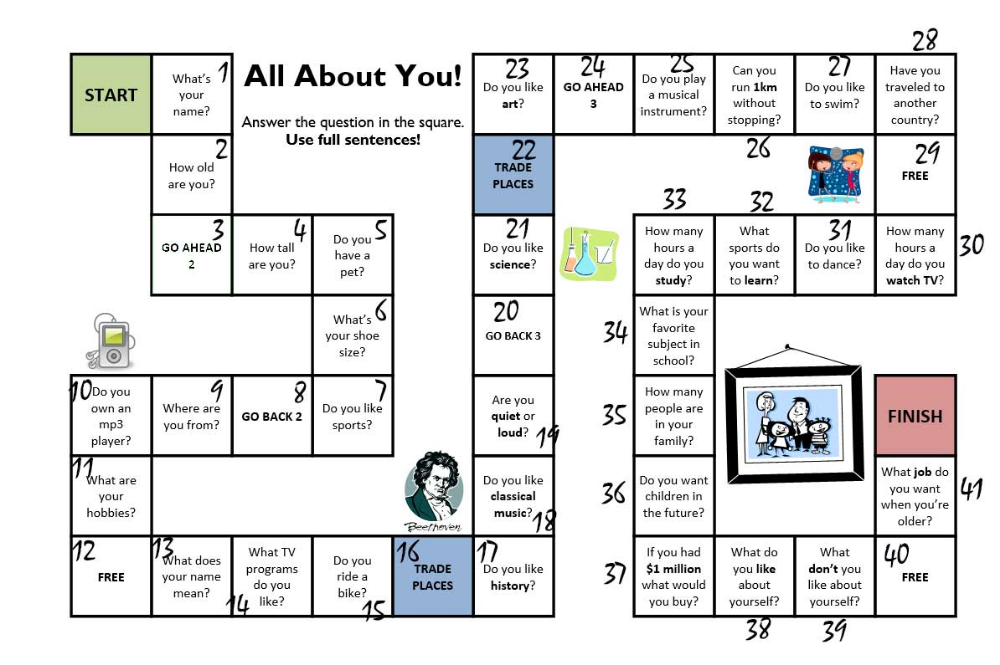 If he gets two again, he will return to the previous class.
If he gets two again, he will return to the previous class.
What is home education
What is the point. A home-schooled child is assigned to a school at the place of residence and to a specific class. He is taught by school teachers - at his home after their lessons or via the Internet. And he passes all certifications and tests according to the school schedule.
How to transfer. Different regions may have different rules. It is better to find them out in the city education department. And in Moscow, you need to get a referral from the attending physician for a medical or clinical expert commission (CEC). It is organized in one of the city clinics or hospitals. There, specialists will examine the child and study the results of his tests and examinations. Based on this, it will be decided whether he can attend school in person. If not, they will issue a conclusion that he is recommended to study at home. nine0003
Then you need to go to the director of the school to which the child is attached, bring the conclusion, your passport and the birth certificate or passport of the child. And write an application to be transferred to a home-based format.
And write an application to be transferred to a home-based format.
Application template for transfer to home schooling
The school administration will conclude an agreement with you on the transfer to home schooling, and in Moscow they will draw up an act about this. An individual study plan and schedule will be attached to it. You can accept them or correct them together with the head teacher. nine0003
clause 2.2 of the Order, approved By Order No. 281
of April 18, 2014, the administration will appoint teachers who will visit the child. Moreover, the same teacher can teach several disciplines at once. This is normal: for example, diplomas of teachers of mathematics usually have an additional specialization - physics, and vice versa. A geography teacher can teach biology, and a historian can teach social studies.
Advantages of home education. Illness does not prevent a child from receiving an education. And the school adapts to his needs, provides free textbooks and teachers.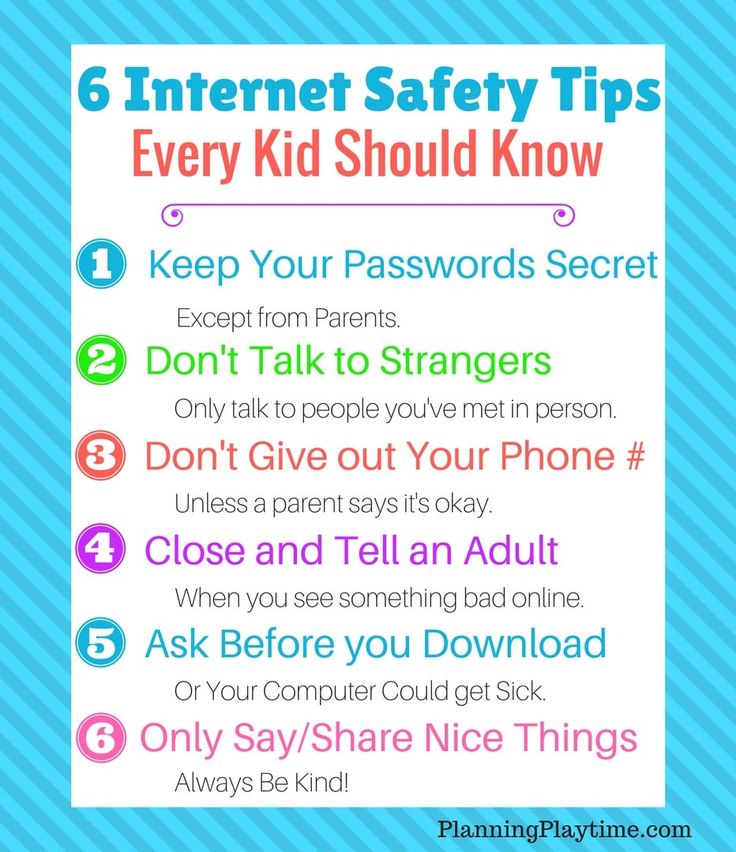 nine0003
nine0003
Disadvantages of home education. The list of diseases includes only the most acute conditions. If the child is sick, but not seriously, he will have to go to school with everyone.
In home schooling, children have little contact with their peers. They are also not taught fine arts, music, life safety and technology, although some might like these subjects.
Teachers often lack the qualifications to approach children with disabilities.
What is family education
What is the point. Family education is similar to home education, only the responsibility for the child's knowledge lies with the parents, not the school. They can teach it themselves, hire tutors, or enroll in a private online school.
There are two formats of family education - homeschooling and unschooling.
Homeschooling is when a student is attached to a school: private or public at the place of residence.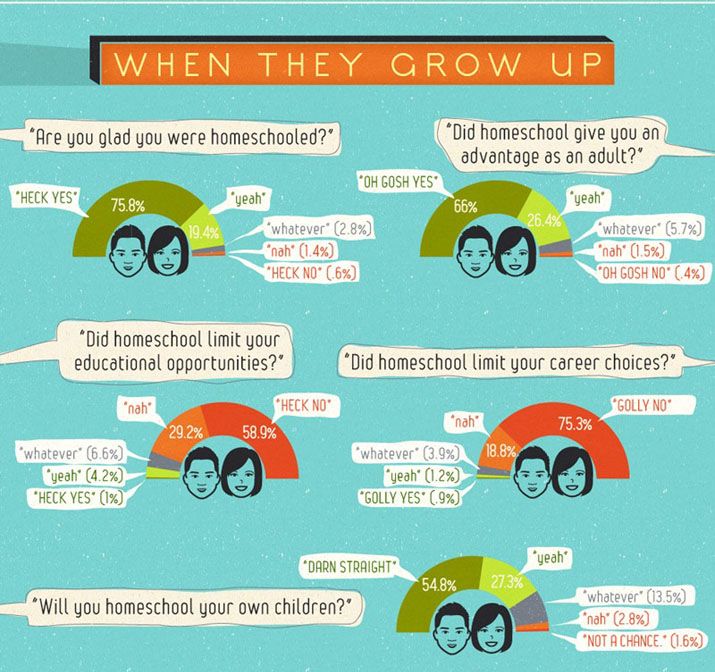 He takes control, tests and exams there - either in person or remotely. But at the same time, he does not attend classes. nine0003
He takes control, tests and exams there - either in person or remotely. But at the same time, he does not attend classes. nine0003
/home-school/
How I transitioned my children to homeschooling
In general, the child follows the program of his school, but parents can change it a little. For example, do not engage in fine arts or technology with a child. Or in-depth study of subjects that are interesting.
For example, my sixth grade daughter is enrolled in the private International School of Tomorrow. From there they sent me a list of twelve disciplines that I should teach her:
- Russian language. nine0184
- Literature.
- Foreign language.
- Mathematics.
- History.
- Social science.
- Geography.
- Biology.
- Music.
- ISO.
- Technology, or labor.
- Physical education.
I myself made the schedule and teach my daughter everything except physical education.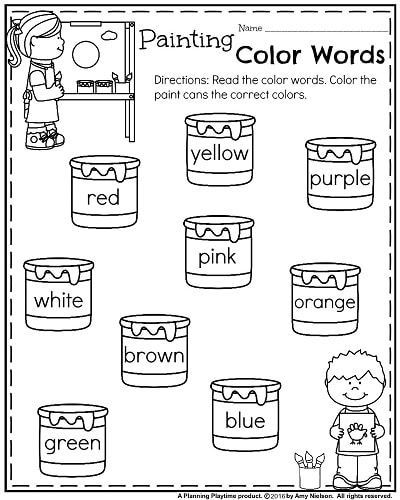 We do not throw away other items, otherwise the daughter will have problems with certification. But we are mastering geography and biology in depth. nine0003
We do not throw away other items, otherwise the daughter will have problems with certification. But we are mastering geography and biology in depth. nine0003
Unschooling is when a child is not attached to any school, does not follow any programs, and the parents themselves decide what to teach them.
This format is possible up to the ninth grade. Then the child will have to attach himself to some school and take the OGE there in Russian, mathematics and two subjects to choose from. Without this, they will not give a certificate.
p. 20 of the Order, approved. By order of the Ministry of Education dated August 30, 2013 No. 1015
But for admission to the OGE, you need to pass an intermediate certification for the ninth grade at the school. nine0111 In a word, in order to pass the OGE and get a certificate, you still have to attach to the school.
Family education is suitable for: children who do not have time to go to school.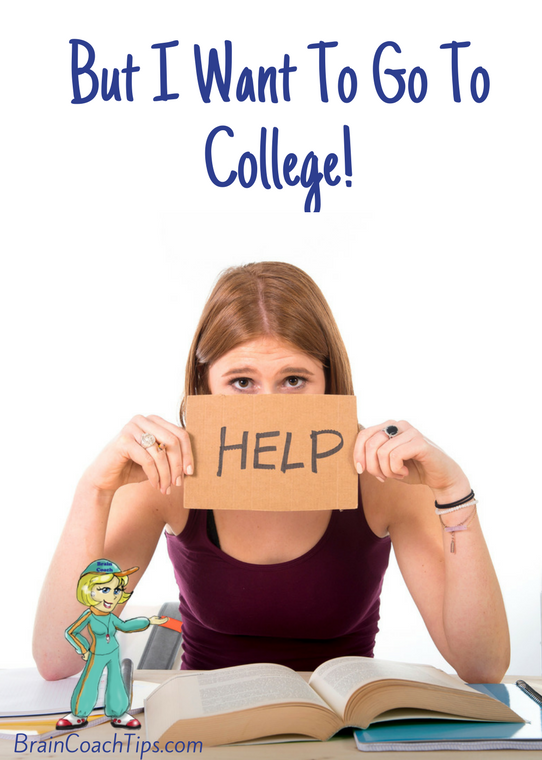 For example, professional athletes or artists. It is also suitable for children with poor health or those who do not keep up with their peers in the class. And to students who are in conflict with classmates or teachers.
For example, professional athletes or artists. It is also suitable for children with poor health or those who do not keep up with their peers in the class. And to students who are in conflict with classmates or teachers.
Plus, this is an option for families who travel a lot or live abroad, but want their child to have a Russian certificate. To some extent it was the same with us. We chose family education because our daughter has health problems - they complicate full-time studies. And in 2019In the same year, we also went to spend the winter in Georgia and stayed there for almost a year. Thanks to family education, this did not affect her daughter's studies.
How to transfer. If you want your child to be certified at the previous school, you need to conclude an agreement for family education with the school administration. It will spell out all the conditions for consultations, certifications, use of the library and participation in school events. After that, inform the city education department that the child is now studying at home. nine0003
nine0003
/list/alternative-schools/
Where to go to study if you don’t like the school: 9 family schools in Moscow
If you want to attach your child to another school, in the former one you need to write an application addressed to the director and ask to expel the child. You will be given a package of documents: a personal file of the child, a report card and a medical card.
Then you need to take them to a new school and conclude an agreement with it: in a private school - for distance learning, and in a public school - for family education. And do not forget to report this to the education department. This is what we did - formally, the daughter studies in absentia at a private school, but in fact she only passes certifications there. nine0003
If you do not want to attach your child to any school, you need to write an application for expulsion at the former school. And be sure to report this to the education department at the place of residence. Contacts are always available on the website of the city administration.
Contacts are always available on the website of the city administration.
Sample Homestay Transfer NoticePDF, 127KB
Notice can be taken in person or sent by certified mail. The letter is relevant if the child lives in one city, but is registered in another.
Sample contract with a school that allows my daughter to study on a family basis and pass certification remotely at a private schoolAdvantages of family education. The main plus is maximum freedom: parents themselves decide what and how to teach their child, and choose a school for certification. They also take into account the interests of the child: they delve into what he likes, and the rest is analyzed in less detail. For example, my daughter has a hard time with languages. We focus on English, and we study French in an easy mode.
Another child studies at a convenient schedule and pace. For example, I only teach my daughter until lunch so that the rest of the day is free. She likes that there are no early rises, rush, fuss and homework. She gets enough sleep, can do hobbies and travels with us. Plus, it is protected from school bullying. nine0003
She gets enough sleep, can do hobbies and travels with us. Plus, it is protected from school bullying. nine0003
Disadvantages of family education. Family education in Russia is still new. Many of our acquaintances do not understand what it is and condemn us for taking our daughter away from school. It is unpleasant.
Not all parents have the time and knowledge to teach their child themselves. It takes us a lot of time and effort to do this. Although there are no problems with teaching itself: I have a pedagogical education and a diploma in cartography, and my husband is a mathematician and knows seven languages.
Discipline is important in studies, and not every child can break away from personal affairs and sit down for a lesson on time. This also takes effort. For example, I myself made a schedule for my daughter for all weekdays. She does not get up on an alarm clock, but sleeps as long as she wants, after that she has breakfast and sometimes takes a short walk.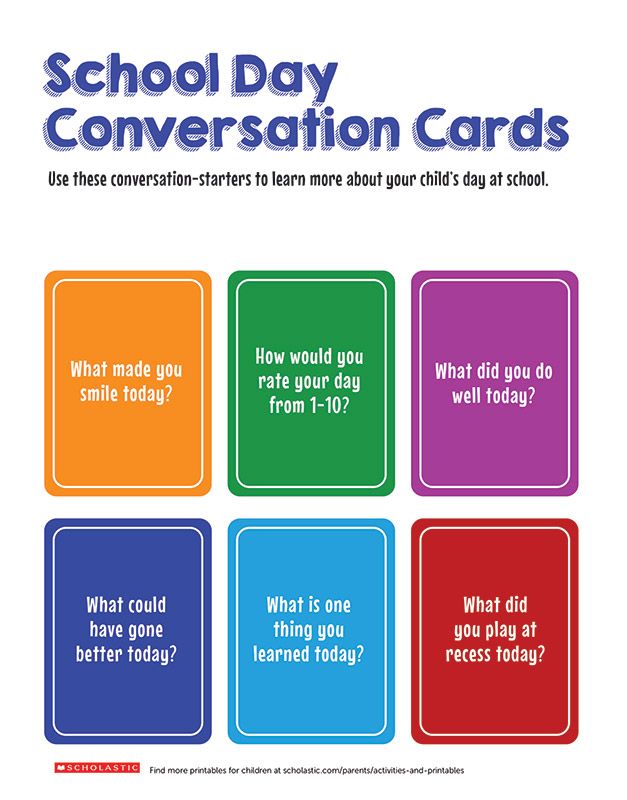 But then we sit down for lessons. nine0003
But then we sit down for lessons. nine0003
/kontrol-detei/
How we study remotely for the second year and have not gone crazy yet
There is a way out that will remove all the disadvantages of family education: when unschooling, hire tutors, and when homeschooling, enroll in a private family school. In such schools, classes are often held offline, but in the presence of parents. There are a maximum of ten people in classes, and teachers conduct lessons outside the box: in the format of games, interesting experiments or discussions.
But both tutors and family schools are expensive. I will tell you more about prices later. nine0003
What is distance learning
What is the point. The child studies online - in a private school or in a public one. If he is in family school and studies with online tutors, this can also be considered a distance format.
At school, the child listens to audio and video lectures, and sometimes participates in webinars. In private schools, assessments are also held remotely, while in public schools they are full-time. Even at school, the child has a schedule and he clearly follows the school curriculum. And parents can't change it. nine0003
In private schools, assessments are also held remotely, while in public schools they are full-time. Even at school, the child has a schedule and he clearly follows the school curriculum. And parents can't change it. nine0003
You can change the program only for family distance learning. To do this, you can discuss the curriculum with the online tutor and ask them to follow it clearly.
/list/online-schooling/
8 online schools that will replace classical education
Suitable for whom. Families where parents do not have the time or knowledge to understand the program and teach the child themselves. This is also a way out if you often move or if offline schools are closed for quarantine. nine0003
How to transfer. If the child is studying at a public school, you need to write an application addressed to the principal for transfer to distance learning. Or drop out of a school where it is impossible and conclude an agreement with a new one.
Sample application for transfer to distance learning
Advantages of distance learning. Schools have a ready-made curriculum, teachers and a knowledge control system. And if the child is not attached to the school, a tutor will take care of them. Parents don't need to worry about this. nine0003
Private schools usually have flexible schedules and a student can listen to a lesson at any time. This allows him to get enough sleep, plan his day himself and travel with his parents.
Bullying is also unlikely: students do not cross paths between classes and may not see each other at all.
Disadvantages of distance learning. Not all public schools have an online format. And private ones are usually expensive.
In addition, private schools sometimes follow unique author's programs - I tell you why this is a minus. nine0003
Home education programs
I have already mentioned that with unschooling, parents can develop a program themselves and teach their child according to it.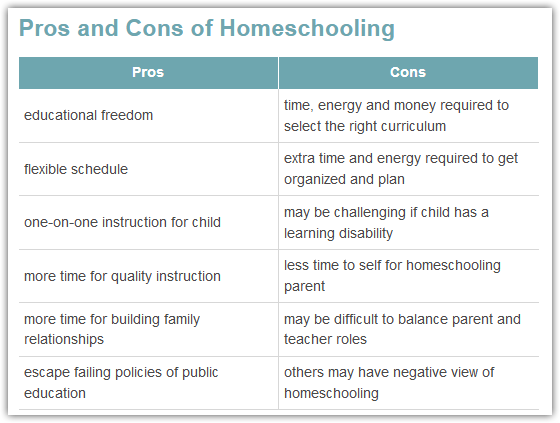 In other cases, you will have to follow the program of the school to which it is attached.
In other cases, you will have to follow the program of the school to which it is attached.
Standard. Each school has the right to draw up its own curriculum. But public schools are guided by the Federal State Educational Standards - Federal State Educational Standards. There is a list of subjects that need to be studied in grades 1-4, 5-8 and 9-11, the number of lessons for each discipline, the duration of the academic year, the requirements for results and the timing of certification. nine0003
Part 7 12 FZ-273 "On Education"
In general, if a child is attached to a public school, then he will study according to the programs of the Federal State Educational Standard. And in family education, parents will have to monitor whether he is falling behind in these programs, otherwise there will be problems with certification.
The same story with private schools that have passed state accreditation. It confirms that the program of these schools also complies with the Federal State Educational Standard, and gives them the right not only to teach, but also to certify students and issue certificates to them.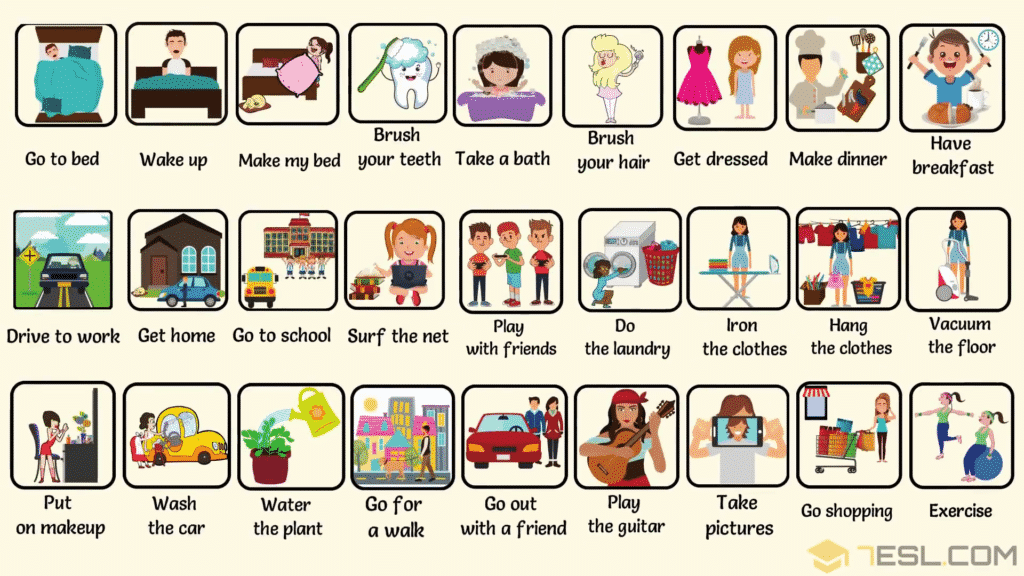 nine0003
nine0003
My daughter's school is also accredited. It was important for me that she pass the GEF certification: I think this makes the assessment of knowledge more objective.
You can find out if a private school is accredited in the register of Rosobrnadzor. In addition, schools usually post accreditation documents on their websites in the "Documents" or "About us" section.
The largest accredited online schools:
"International School of Tomorrow",
"IANO",
"Our Penates"
Non-accredited private schools practice alternative or author's programs .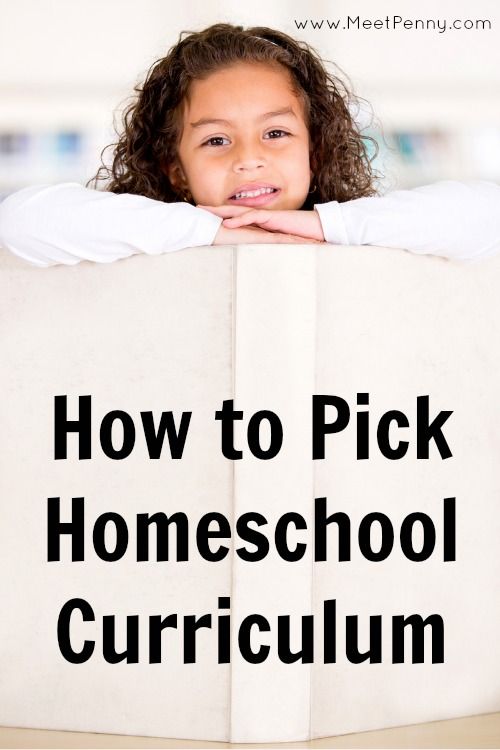 For example, Montessori or Waldorf schools - where children learn about the world through creativity: drawings, crafts made from natural materials, songs and dances.
For example, Montessori or Waldorf schools - where children learn about the world through creativity: drawings, crafts made from natural materials, songs and dances.
The largest Waldorf schools:
"Scientist Cat",
"School named after A. Pinsky",
"Family way"
The problem is that with author's programs, the development of the child sometimes turns out to be one-sided. That's what happened with us. In 2017, before switching to family education, my daughter was in the second grade of a private Montessori school. It was full-time, but I will tell you about it anyway: this method is also taught remotely. nine0003
I liked that the material was presented in a creative way: children were shown experiments and interesting videos, played educational games. My daughter was interested, and she did a lot on her own.
But by the end of the school year, I noticed big gaps in her knowledge: my daughter hardly knew how to divide in a column, and she made many mistakes when writing.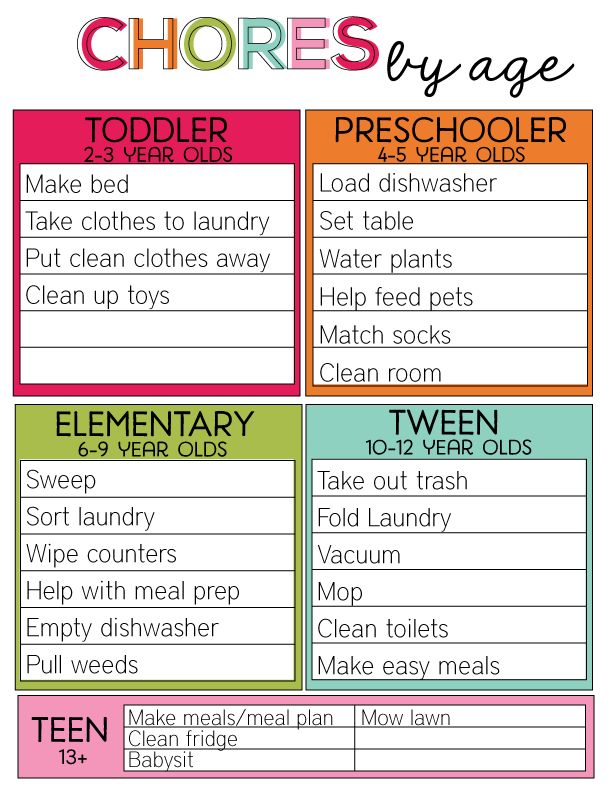 Moreover, they concerned the simplest rules of the Russian language. I had to pick her up from this school and hire tutors for the whole summer.
Moreover, they concerned the simplest rules of the Russian language. I had to pick her up from this school and hire tutors for the whole summer.
Attestation: how knowledge is tested
Parents check knowledge during unschooling. The same is true if the child is attached to an unaccredited school. In these cases, in the ninth grade, you will have to attach to a public school or an accredited private school in order to get admission to the OGE.
An accredited school, private or public, must take exams at least at the end of each academic year. Without this, you can't even move from class to class. And some schools require mini-exams at the end of each quarter, trimester or semester. nine0003
In public schools, accreditation is free, but in private schools you have to pay extra for it. For example, my daughter is certified in a private school twice a year - in December and in May. We pay 5,000 rubles for each assessment.
Tests are sent to my daughter in all subjects and the deadline for passing is set in about three weeks.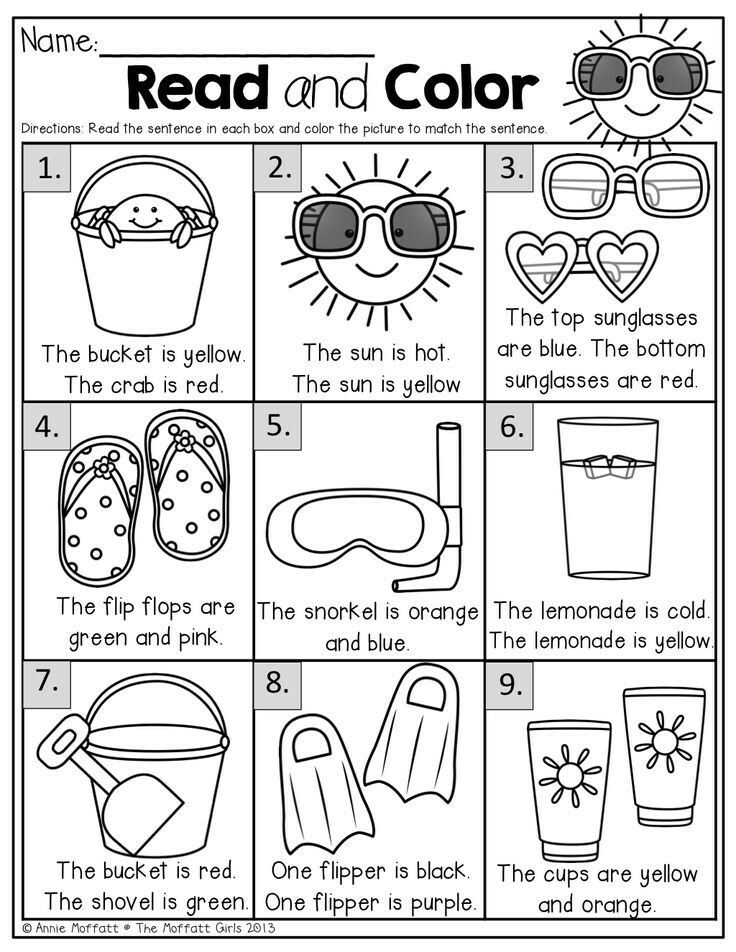 We make a schedule and pass these tests one by one.
We make a schedule and pass these tests one by one.
/list/robotics-for-children/
Assemble the first robot and program Lego: where they will teach the basics of robotics
The tasks in the tests are quite understandable, and sometimes even interesting. They never go beyond the studied material, but some come across difficult. Therefore, a week before receiving the tests, my daughter and I repeat all the material that we have covered over the year.
Daughter solves tests herself. But mathematics and French are hard for her, and in these subjects we sometimes help her.
After a couple of weeks, I get the results and teachers' comments about mistakes by e-mail. I know that if we don't turn in the paper on time or our daughter gets two, we'll have to retake it - like in a public school. But so far we have not had this: our daughter is studying for four and five. nine0003 Teachers explain in detail where the daughter went wrong and what was the correct answer
How much does homeschooling cost
Study supplies. When a child studies at home, there is no need to spend money on school uniforms, change of shoes and fees for the needs of the class. But you still can't do without textbooks and stationery.
When a child studies at home, there is no need to spend money on school uniforms, change of shoes and fees for the needs of the class. But you still can't do without textbooks and stationery.
If the child is enrolled in an offline school, textbooks can be borrowed free of charge from the library. In other cases, they will have to be bought or downloaded electronically. Plus, the child will need atlases, contour maps and workbooks. nine0003
One textbook costs 700-900 R, and some also come in two parts. Atlas and contour maps are sold for 400-500 R each. If I bought only new ones, then I would give at least 10,000 R for them per year. But I was lucky: some of the textbooks are given to us by friends. I buy another part on Avito, each costs 200-300 R there. And I download something for free on the V class website.
/school-stats/
How much does it cost to send a child to school? Of the additional, but not mandatory, we also bought a globe and a microscope: my daughter especially loves biology and geography.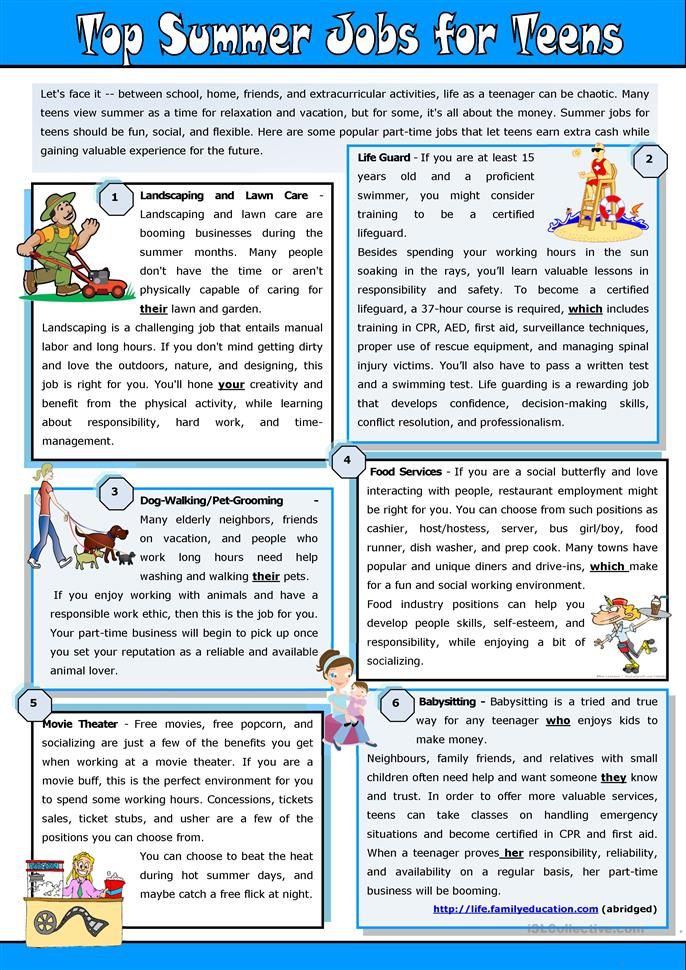 I found both on Avito. nine0003
I found both on Avito. nine0003
I spent 9300 R on school supplies in the sixth grade
| What did it take | Where did you get | How much did you spend |
|---|---|---|
| Microscope | "Avito" | 3500 R |
| Biology, history and geography workbooks | Read City | 1500 R |
| Painting accessories | Convenience store | 1000 Р |
| Notebooks | "Ozone" | 1000 Р |
| Reader in Literature | Read City | 700 R |
| Globe | "Avito" | 500 R |
| Writing instruments | "Ozone" | 500 R |
| Russian language workbook | Avito | 300 R |
| Markers | "Ozone" | 300 R |
| Textbooks | Given by friends | 0 R |
Microscope
Where I took
Avito
How much spent
3500 R
Workbooks on Biology, History and Geography
where it took
“Chita-Gorod”
as much spent
1500 R
Accessories for drawing
Where I took
Store by house
How much spent
1000 R
notebooks
where I took
“Ozone”
How much was spent
1000 r.
Reader on Literature
Where did you get it
Read City
How much did you spend
700 R
Globus 0002 where I took
Avito
How much spent
500 R
Written accessories
Where took
“Ozone”
How much spent
9000 500 RWorkbook in the Russian language
Where did you get
Avito
How much did you spend
300 R
Felt pens
Where did you get
Ozone
How much did you spend0003
300 R
Textbooks
Where did you get
Friends gave
How much you spent
0 R
Source: Avito The new microscope cost about 5600 R, and I bought the same one at Avito for 3500 R. Source: Ozon Prices in private online schools are very different. Studying will be cheaper if the child listens only to recorded lectures and does not receive feedback from the teacher. For example, in the "Internet Lesson" school, this format is called "Express" and one month of training costs 900 R. And if you add teacher consultations to the recorded lectures, then the cost will increase to 3000 R per month.
For example, in the "Internet Lesson" school, this format is called "Express" and one month of training costs 900 R. And if you add teacher consultations to the recorded lectures, then the cost will increase to 3000 R per month.
If the child studies according to an individual program, it will also be more expensive. In Online School No. 1, standard programs cost 1,900-12,500 R per month, and individual programs cost 25,500 R.
What to do if you don't like the school: 6 alternatives
at the International School of Tomorrow. If she attended online classes with teachers, sixth grade education would cost 6,000 R per month, or 54,000 R per year. But I teach it myself and pay only for certifications - 10,000 R per year. nine0003 There are three tuition fees in BIT virtual school. The cheapest one is when the child simply gets access to the recorded lectures, and the computer checks his assignments. Teacher-assisted education costs four times as much The older the child, the more expensive it is to attend an online school. These are the rates at the school where we study
These are the rates at the school where we study
Prices at family schools. Family schools are not formally considered schools. They do not have licenses for educational activities and accreditation. In order for a child to study in such a school, it is necessary to transfer him to family education. nine0003
But children can study there in the presence of their parents. And the lessons are held in a game form and not every day, but a couple of times a week. Much attention is paid to creativity, research, practical experience. Travelers who tell children about different countries can be invited to geography classes. And in literature - writers.
In Moscow, education in such schools costs an average of 30,000 R per month. It includes three meals a day and walks with children, as in kindergarten. There are cheaper options though. Let's say the school "Source of Knowledge" can be visited either once or twice a week. In the first case, the month will cost 12,000 R, and in the second, 20,000 R.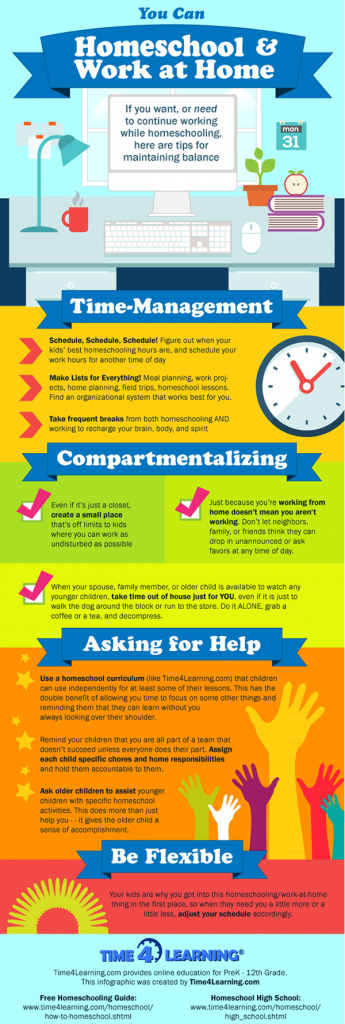
/perevod/
How to transfer a child to another school
And there are expensive schools. For example, at Reggioschool, classes are held five days a week and training costs 60,000 R per month. But it can hardly be called homework, because classes are held in person.
Qawra is only for children in grades one through four. For taking a walk with them after school, you will have to pay an extra 2000 R per monthCan homeschooling be of high quality
A child is more comfortable at homeschooling. He gets enough sleep, eats homemade food and studies in a schedule that suits him. In addition, there is no bullying at home schooling. As a result, the child is not distracted by external stimuli and learns the material better. nine0003
In 2008, the US studied the performance of homeschoolers. And it turned out to be higher than that of their peers from secondary schools. Moreover, even in families where parents did not have a pedagogical education, and in relatively poor families.
There are more opportunities to develop natural inclinations in home schooling. For example, my daughter and I go through biology and geography in depth, because she likes them. In public schools, this is not always possible. The only way out is to hire tutors. nine0003
2008 U.S. subject test scores
| Homeschoolers | School students | |
|---|---|---|
| Literature | 89 | 50 |
| Mother tongue | 84 | 50 |
| Mathematics | 84 | 50 |
| Natural sciences | 86 | 50 |
| Humanities | 84 | 50 |
| Basic knowledge | 88 | 50 |
| Total results | 86 | 50 |
Literature
Home -cuplers
89
School students
50
Native Language
Home -hiChules
84
Pupils of schools
50
General results
Homemors
86
Students of schools
50
Source: “FREED in education”
What problems can arise
Learn in knowledge of parents.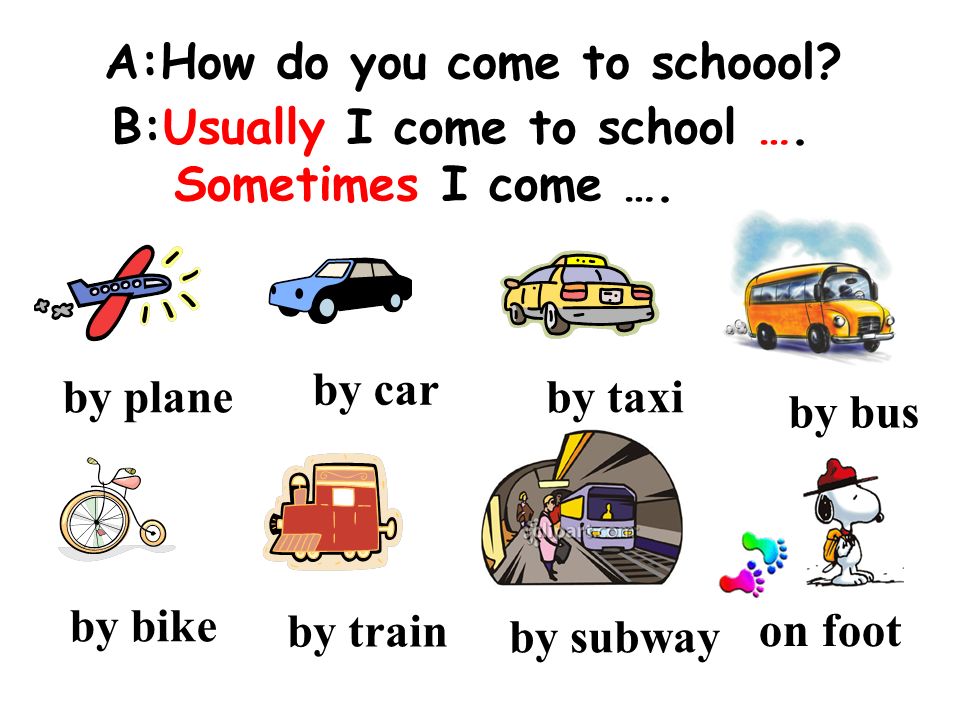 The study I mentioned showed that the more educated the parents, the better the knowledge of homeschoolers.
The study I mentioned showed that the more educated the parents, the better the knowledge of homeschoolers.
The fact is that a parent may not remember the school curriculum and he will have to learn it again. To do this, the parent must be able to learn on his own. nine0003
For example, to brush up on my knowledge, I always skim through a paragraph and watch a video on the topic before class. But my husband is more erudite, and he does not need such training. In history, geography, foreign languages, he already knows more than what is written in textbooks.
/list/adhd-in-school/
Crop Drawings and Fractional Problems: 7 Techniques for Learning with ADHD
Parents may also lack teaching skills. The study found that in 2008, only 16% of homeschoolers had parents who had a teacher education. And that made learning difficult. nine0003
But I studied at a pedagogical university and I can present complex material.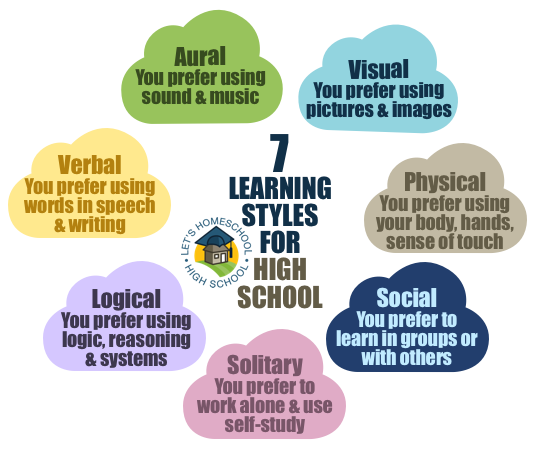 For example, a daughter is bad at math, but she loves to count money and go shopping. As a result, we explain many topics using the example of finance.
For example, a daughter is bad at math, but she loves to count money and go shopping. As a result, we explain many topics using the example of finance.
And in English, we added interactive content with the help of the Polyglot video course. It is for adults, but our daughter liked it.
But if the parent himself cannot understand the program or does not know how to explain the material, all that remains is to hire tutors or enroll the child in an online school. nine0003
Misunderstanding of the role of parents. When a child is in school, a parent is an accepting and loving person with whom one can rest and relax. And with home schooling, he becomes a teacher who constantly demands and controls something. It can be difficult for a child to readjust and take such a teacher seriously.
Lack of communication. At home schooling, the child is less likely to communicate with peers and other adults, except for parents. And for extroverted children, this can be a problem.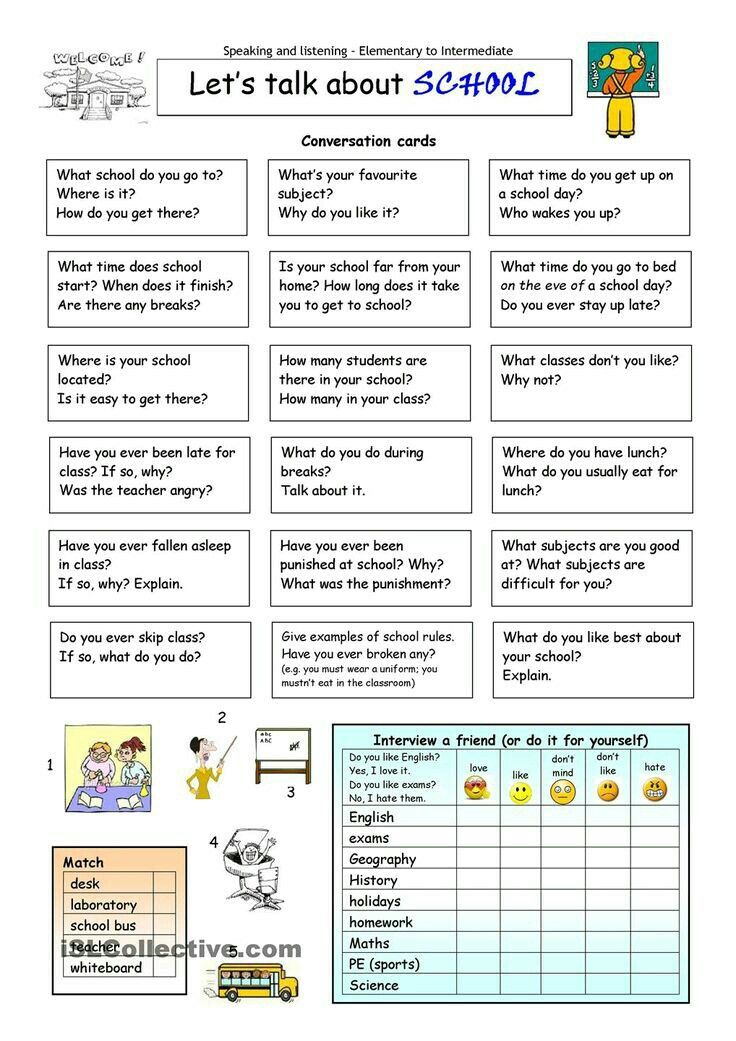 nine0003
nine0003
My daughter has never shown interest in peers, so she has no discomfort. In addition, twice a week she goes to the drawing school and communicates with the guys and teachers there.
We also have friends with children — we visit each other, play board games and get out into nature. And the daughter regularly communicates with people in our area: all the cashiers, sellers, janitors and mothers on the playground know her.
/chess/
How much does it cost to send a child to chess
Plus every evening she has a teleconference with her grandparents, great-grandmother, godfather and friends. And finally, the daughter has a psychologist with whom she discusses experiences, learns to live her feelings and manage her emotions.
Lack of consistency. At the very beginning of training, it can be difficult to draw up a study schedule. Having received complete freedom, I did not understand how much time to devote to each subject and which textbooks to follow.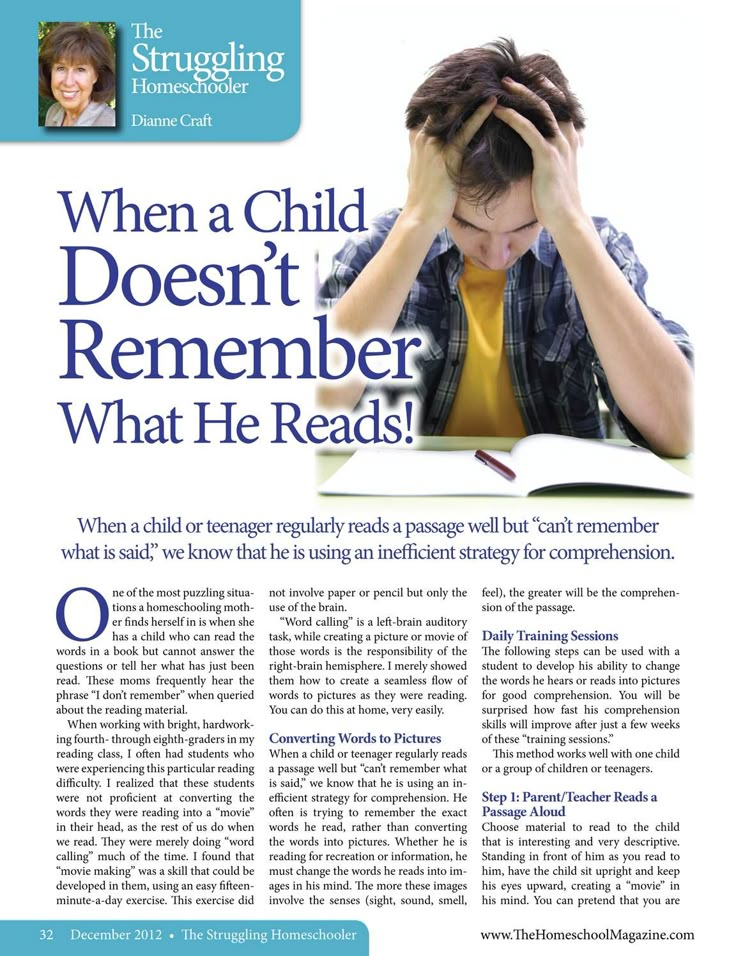 We came to the optimal mode gradually, through trial and error. nine0003
We came to the optimal mode gradually, through trial and error. nine0003
Lack of motivation. Children are very happy when they learn that they no longer have to go to school. And it seems to parents that now they will study hard at home. And then it turns out that the child wakes up late, plays for a long time and has no time for lessons.
In order for the child to want to learn on his own, you need to make the lessons interesting: show themed videos and take them to museums. With the story of my daughter, "Kaa Python History Lessons" on YouTube helped. For general development, we took her to the oceanarium, the Museum of Cosmonautics and the State Library in Moscow. In St. Petersburg, they were taken to the Hermitage, and in Georgia - to the ancient churches. In general, traveling helps us a lot: by the age of 12, my daughter had visited 16 countries and came into contact with other cultures. nine0003
We noticed that without pressure, the child sincerely learns the world and motivation appears by itself.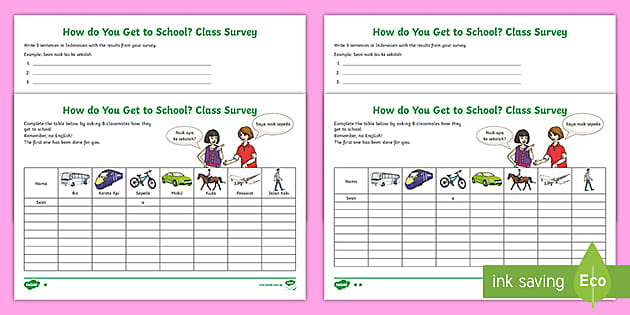
Certification is a test for everyone. The child is under pressure from the expectations of the parents, and the burden of responsibility is on the parent. Everything is in tension, and this leads to quarrels.
It is important to treat certifications correctly - not to chase high marks, but to rely on the knowledge and psychological health of the child. For us, grades are not important, and we don’t get upset because of triples. Only two will not suit us. nine0003
/prava/homeschooling/
Homeschooling rights
Criticism from others. Not everyone takes homeschooling seriously. Elderly relatives and school teachers may strongly criticize the parents for the fact that the child has stopped going to school.
For example, my daughter's grandmothers decided to transfer her to a school in their area, but we were not told anything. They believed that the daughter would fall behind the program, run wild, not enter the university, and her whole life would go downhill.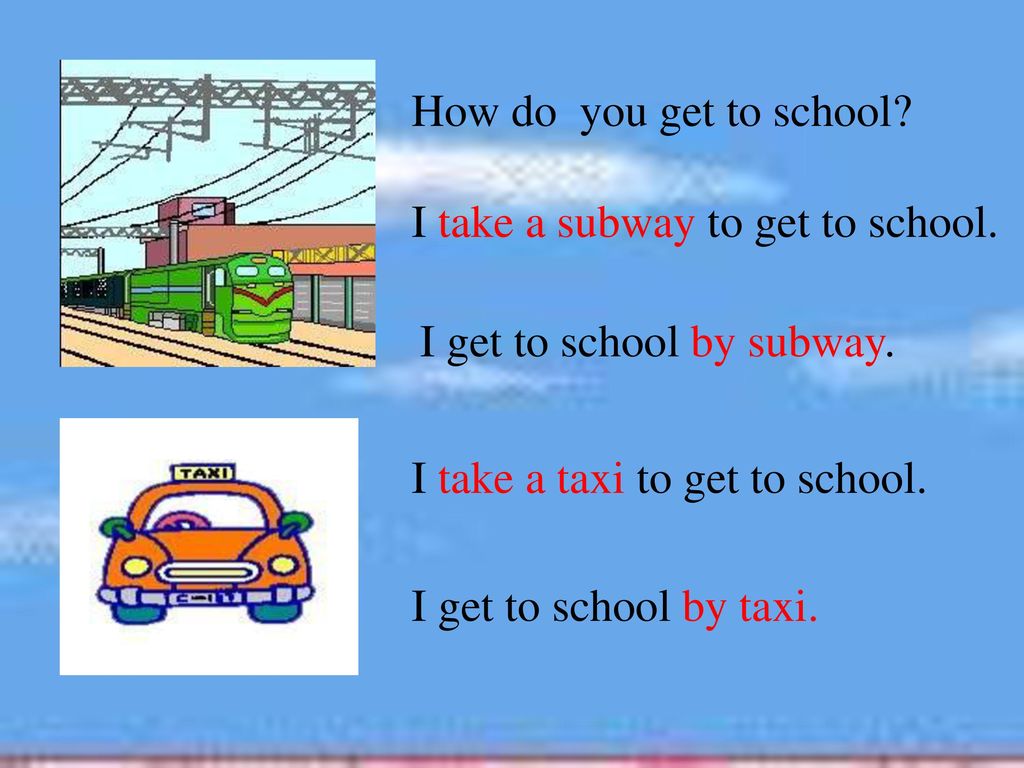 nine0003
nine0003
To reduce the intensity of passions, we briefly stopped communicating with grandmothers. Now they only arrange “control sections of knowledge” for their daughter: they ask the multiplication table or ask what she is reading now. But the daughter learned to move smoothly and with humor to other topics.
Who better not to switch to home schooling
I think home schooling is not suitable for families in which parents do not have time to teach lessons or do not have money for tutors. If you completely entrust education to a child and do not control the process in any way, he will have problems with certification. Moreover, if he is not attached to any school, this will be revealed only in the ninth grade. And in order for a child to receive a certificate, they will have to catch up on knowledge immediately in a few years. nine0003
Very sociable children will also find it difficult to study at home. After all, circles happen several times a week and last only a couple of hours, and at school an extroverted child communicates with children all the time.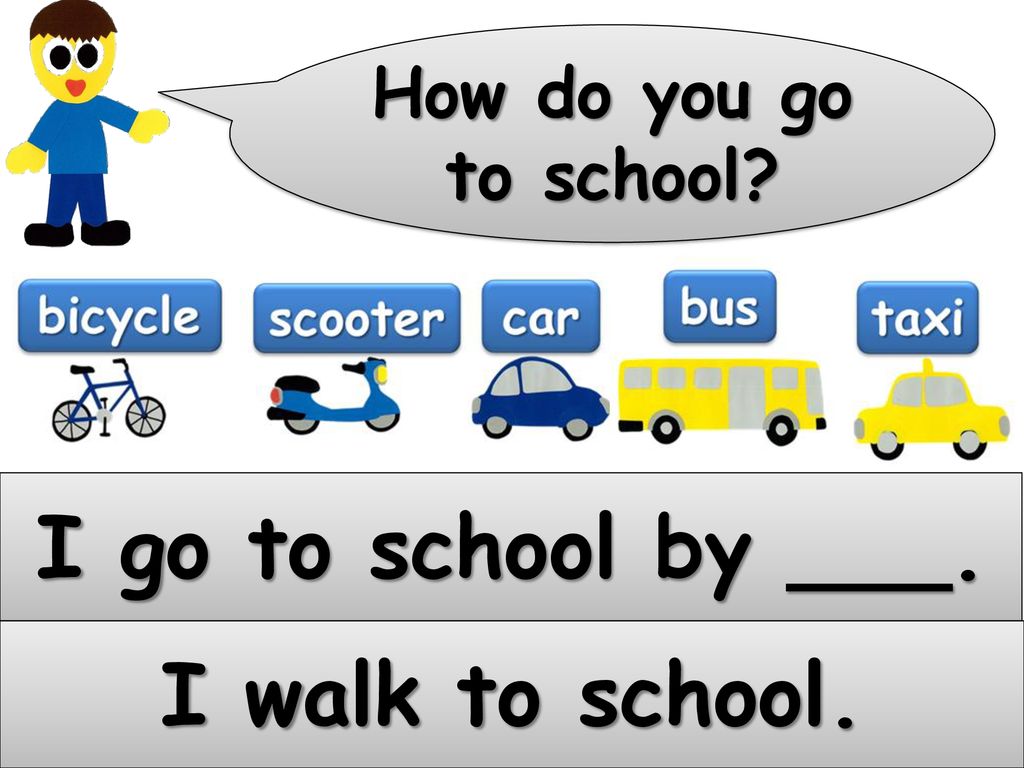
/uchis-doma/
Pros and cons: is it worth it to transfer children to family education
Remember about home schooling
- him home. But in fact, this is also the name of the home, and family, and remote format. nine0184
- Family education is when parents are responsible for the child's knowledge. They teach it themselves, hire tutors, or send it to an online school.
- Distance learning is when a child learns only online: in a public or private school or with online tutors.
- By law, parents can choose any form of education for their child. If a child is attached to an offline school, he can use the library, gym, participate in competitions and olympiads there.
- You can also stay at home for a second year. If a child is attached to a school and gets a deuce in two subjects in a year, he will not be transferred to the next class.
- A homeschooled child is required to take the GIA and the Unified State Examination, otherwise he will not receive a certificate.
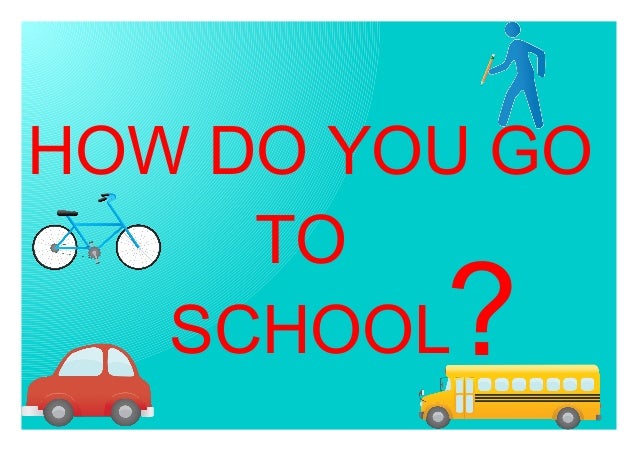 To do this, you need to attach to an accredited school.
To do this, you need to attach to an accredited school. - Home schooling is not free. You will have to at least buy office supplies, and as a maximum, pay for tuition to tutors or online schools.
Is it possible to study at home? | Training
Maybe parents would be happy to transfer their children to such a mode of study, but they do not understand this, therefore they are afraid. Isn't such training dangerous? Will the child become socially restricted?
Why do children go to school?
Learning is the main thing in our schools. The child develops: learns to read, write, count, learns foreign languages and much more. In our schools, they want the child to be educated, and devote a lot of time to this, but the problem is that he does not develop comprehensively. nine0003
Abroad, a lot of time is devoted to ensuring that the child is athletic, so that he develops a hobby right at school, so schoolchildren can be there all day.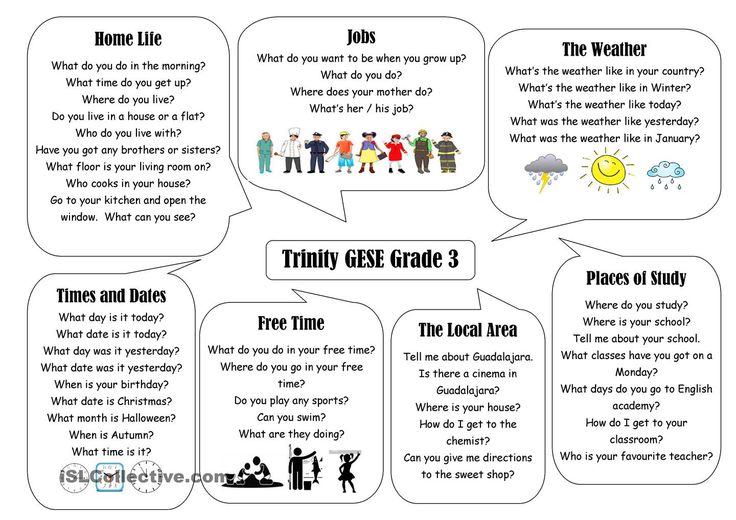 It is abroad that schools are trying to develop a child. It is not surprising that a math teacher leads a football or swimming section, and a biology teacher teaches children music. Do not close your child from the outside world, he needs to walk, communicate with other children
It is abroad that schools are trying to develop a child. It is not surprising that a math teacher leads a football or swimming section, and a biology teacher teaches children music. Do not close your child from the outside world, he needs to walk, communicate with other children
Photo: Pressmaster, PressFoto.ru
How is a child without school?
A child may or may not like school. It all depends on the school itself. In the first case, everything is in order: he goes to school in a good mood, and parents should not worry. In the second case, everything is bad and it is better to either change schools or switch to home schooling. nine0003
The worst thing that you might not like at school is not teachers, as many people think, but children, that is, classmates. If your child is a creative person, he expresses what he thinks, and this is already an adult, then he can be “crushed” at school. It is very good that the child is self-confident, he can express everything to those who offend him, but they will not understand him at school. And not only children, but also teachers, because they don’t need such rebels in the classroom. That's when you need to think about the transition to homeschooling. nine0003
If your child is a creative person, he expresses what he thinks, and this is already an adult, then he can be “crushed” at school. It is very good that the child is self-confident, he can express everything to those who offend him, but they will not understand him at school. And not only children, but also teachers, because they don’t need such rebels in the classroom. That's when you need to think about the transition to homeschooling. nine0003
Never close your child from the outside world. That is, he needs to walk, communicate with other children, and not just sit at home with his parents and study. Treat homeschooling the same way you would school. To do this, clearly distribute when your child has studies, and when you need to let him rest and make a “change”. Don't spoil him if he doesn't want to do something, and put twos in your diary too! You can’t just put the child at home, give a book - a clear curriculum is needed
Photo: Pressmaster, PressFoto.






